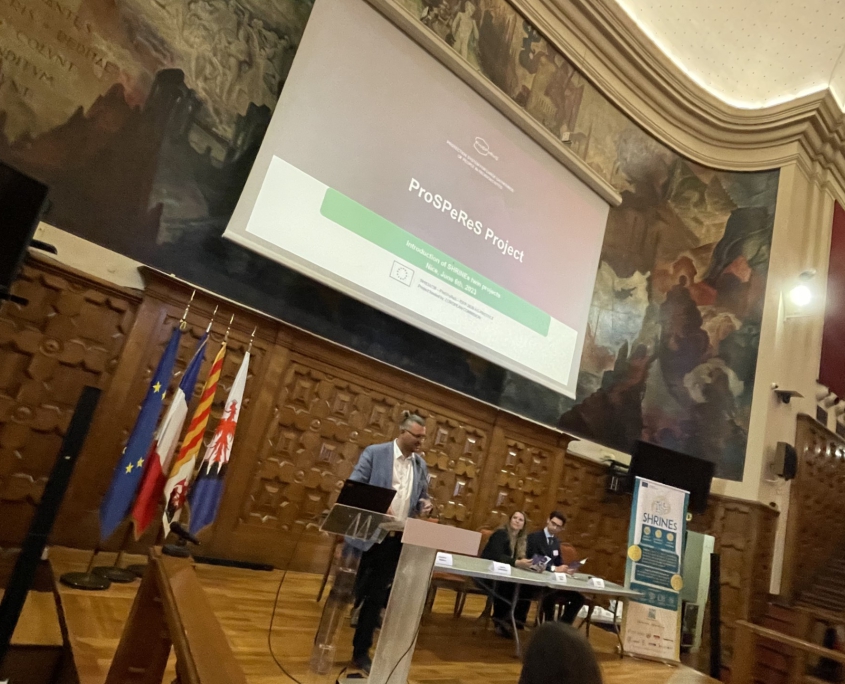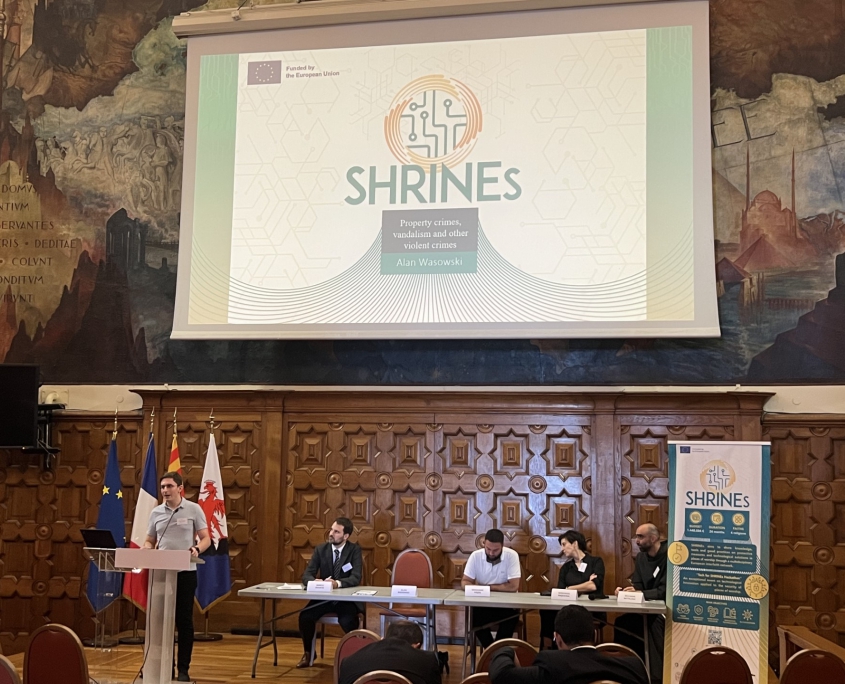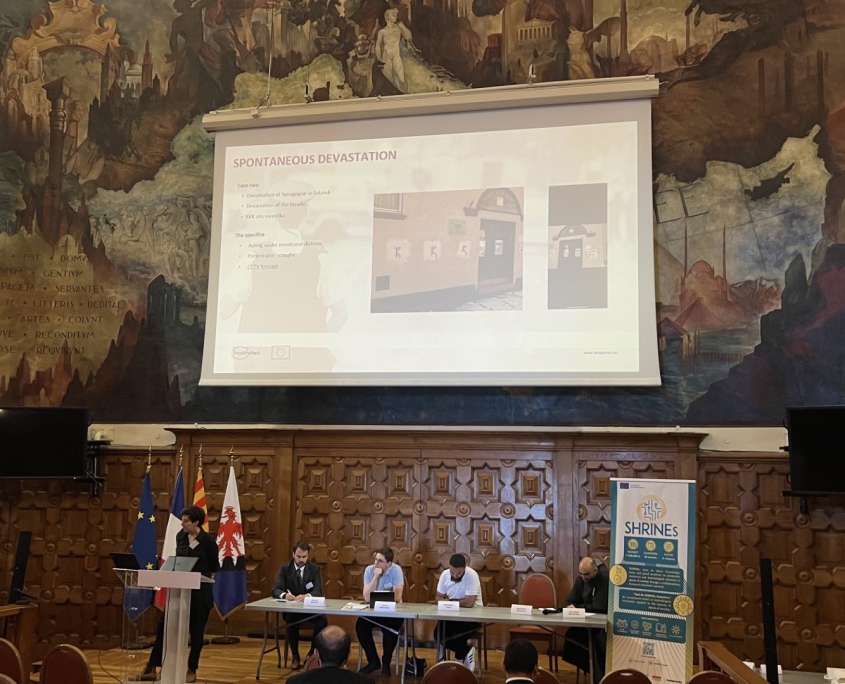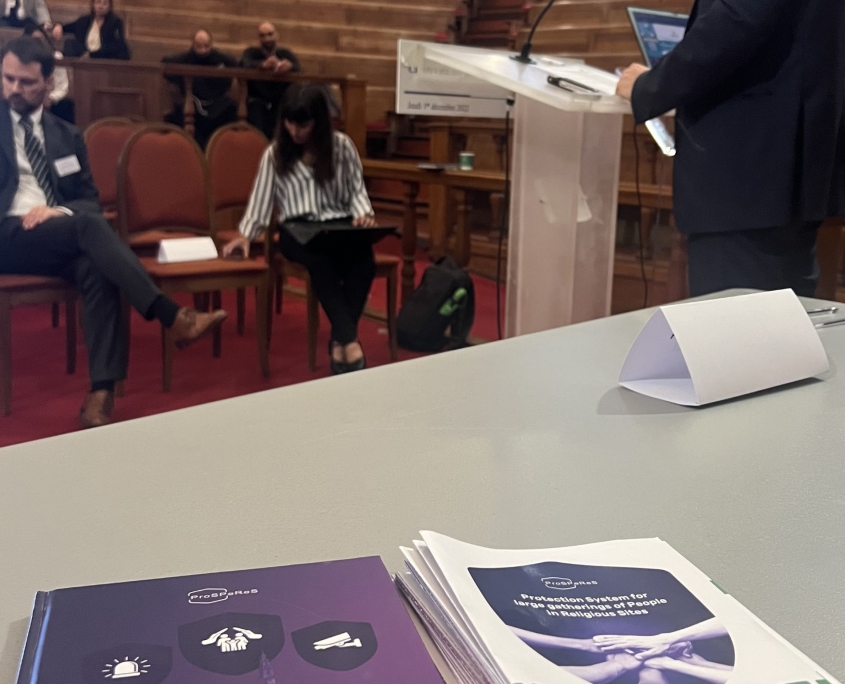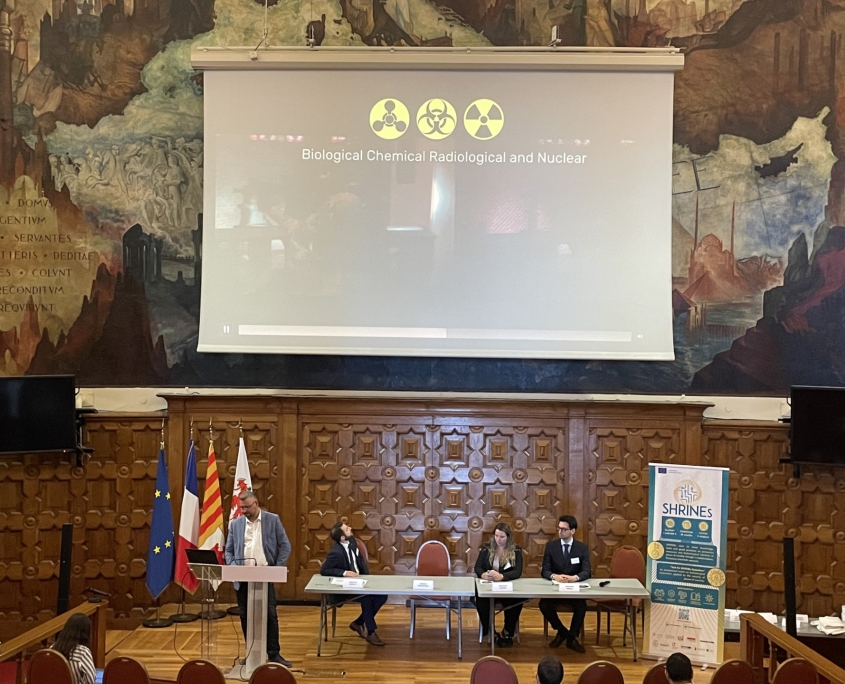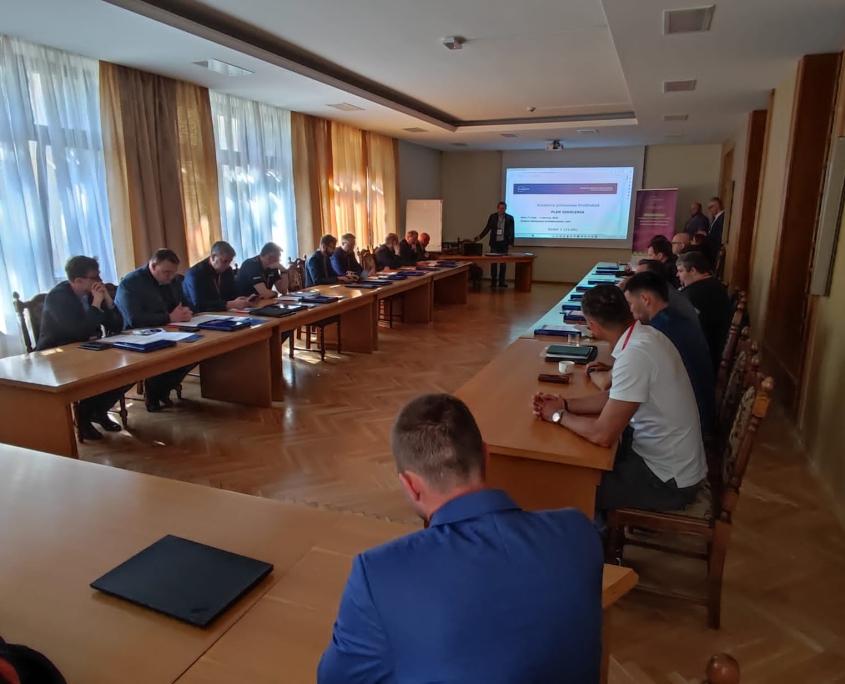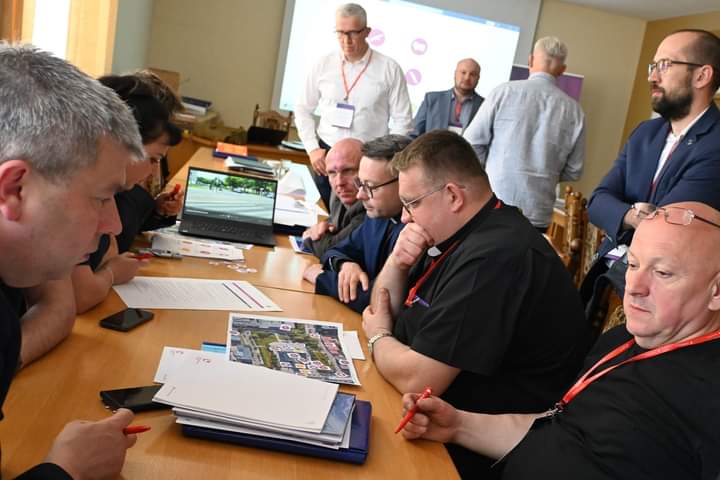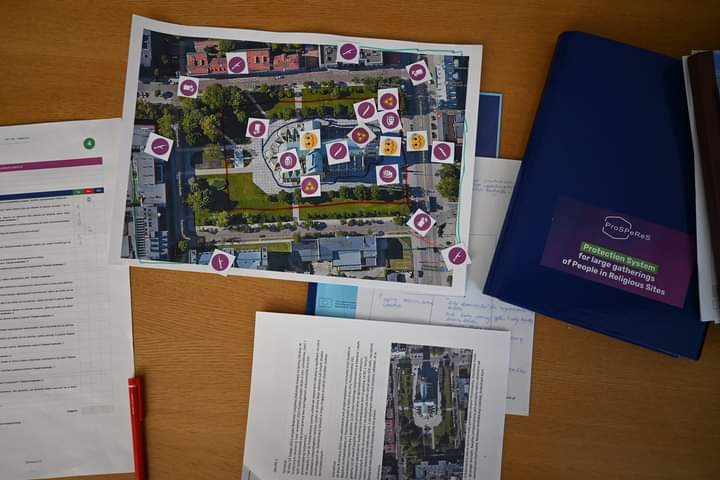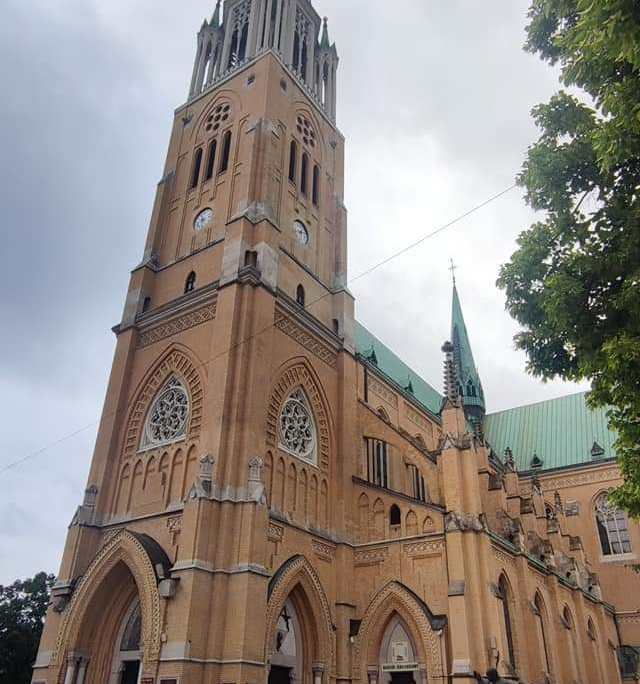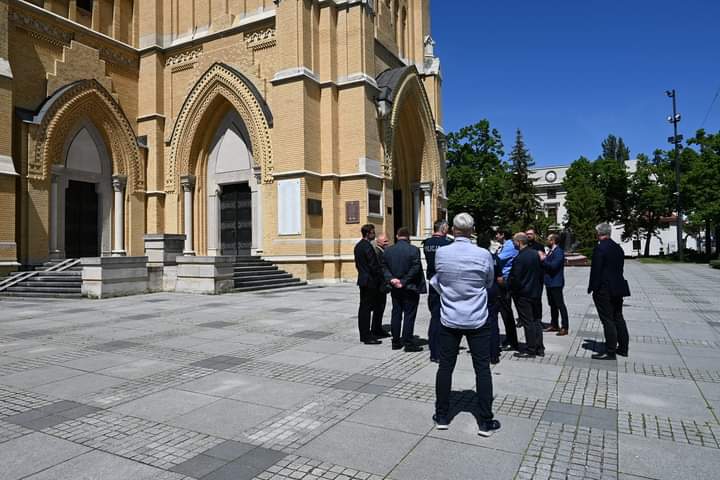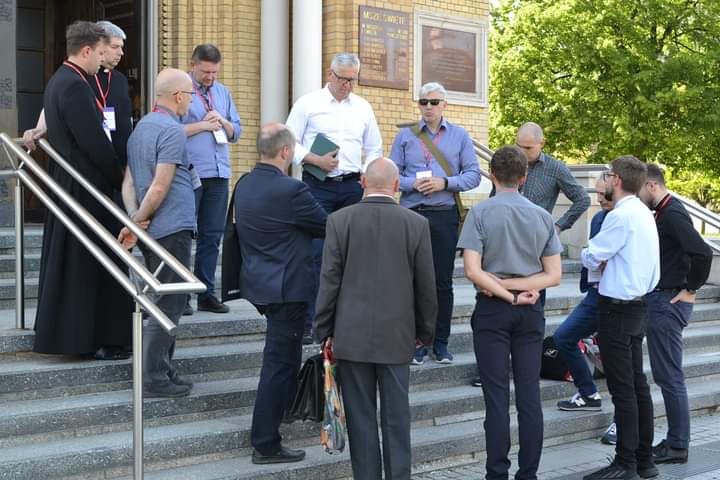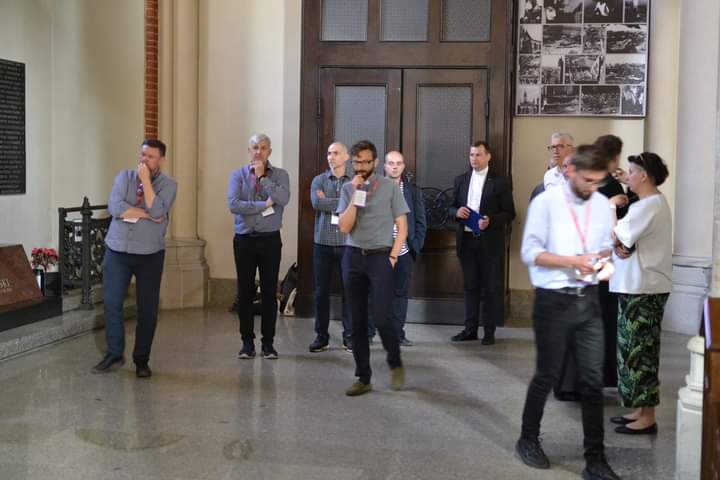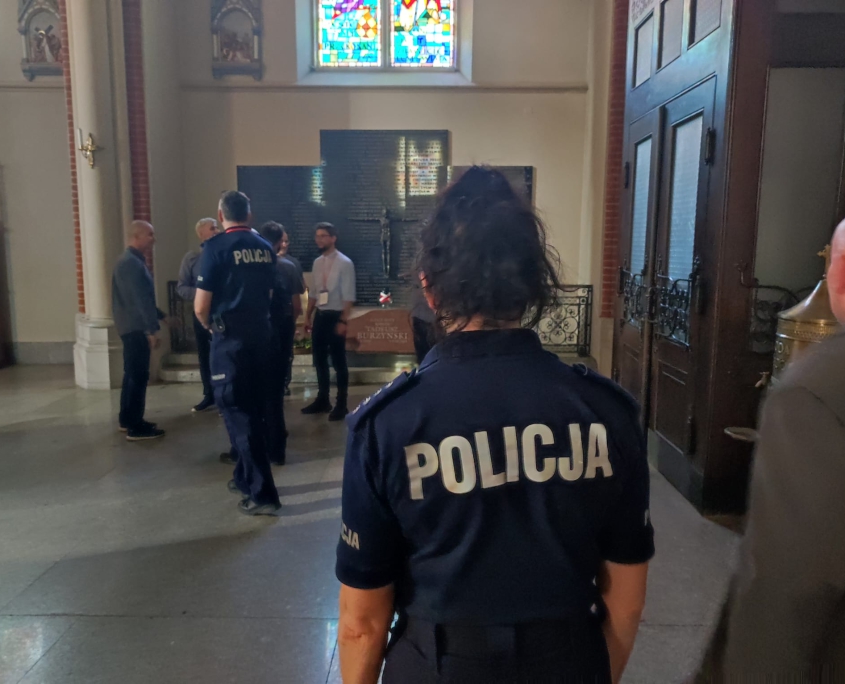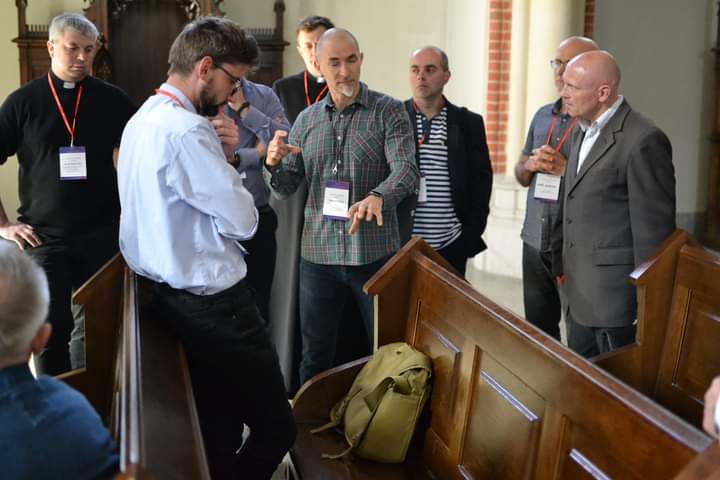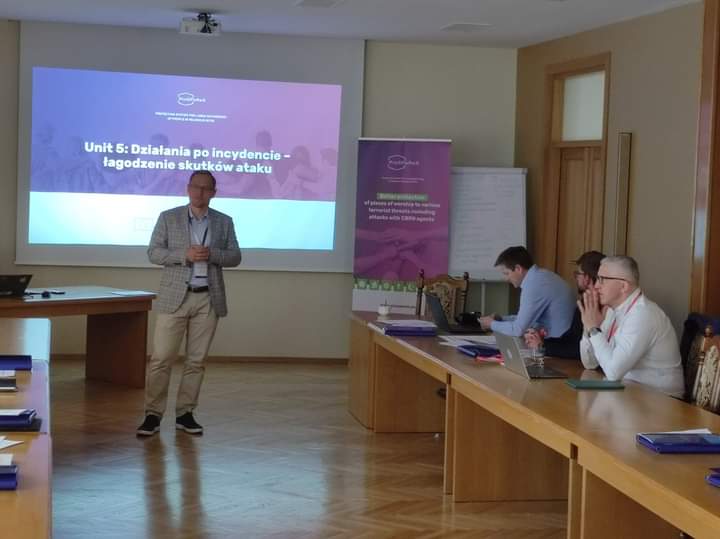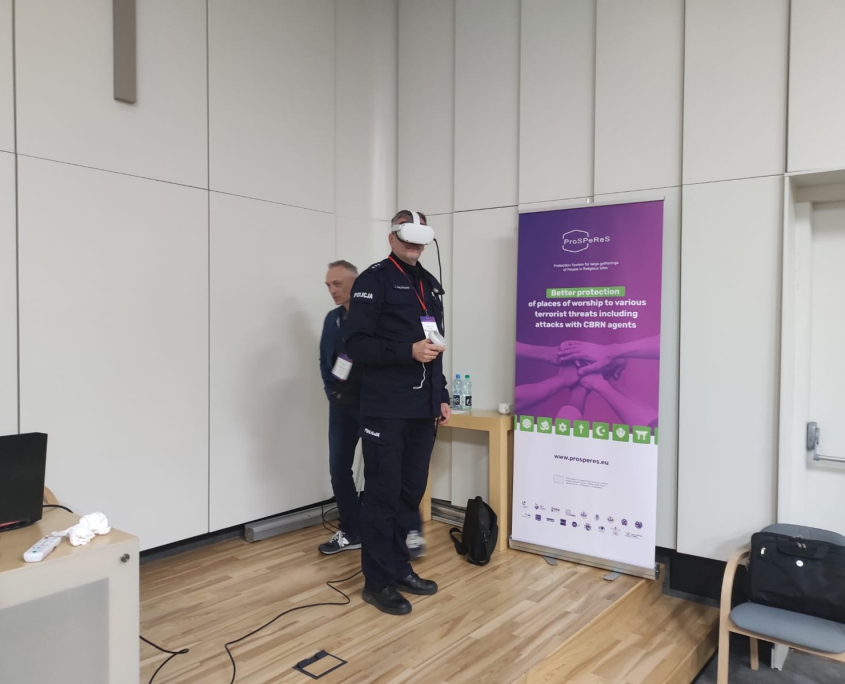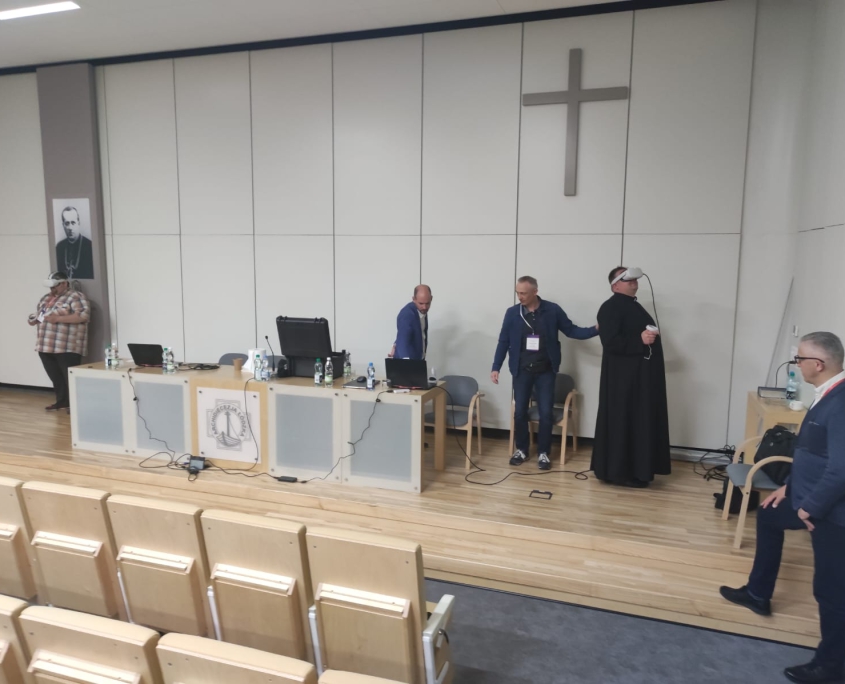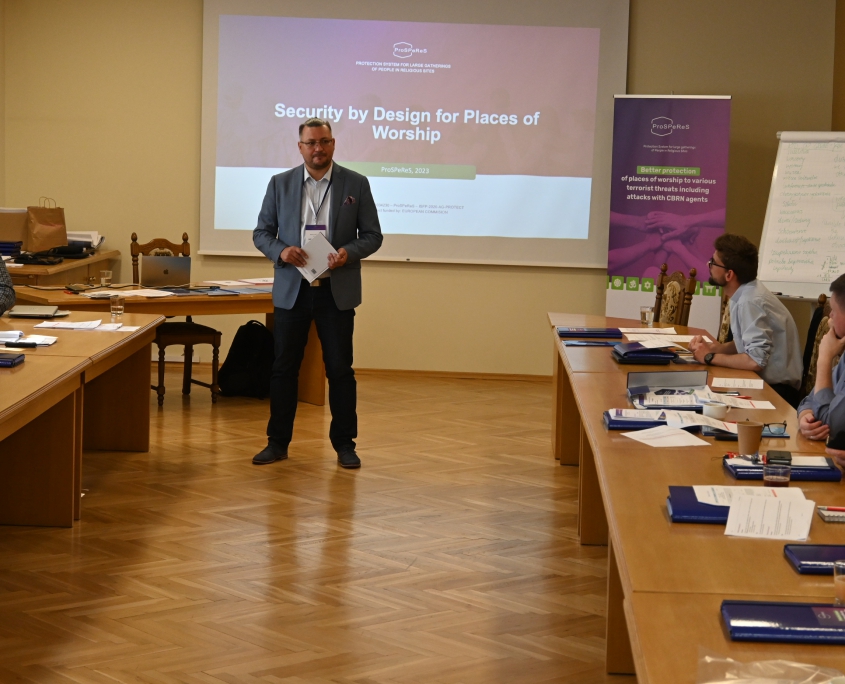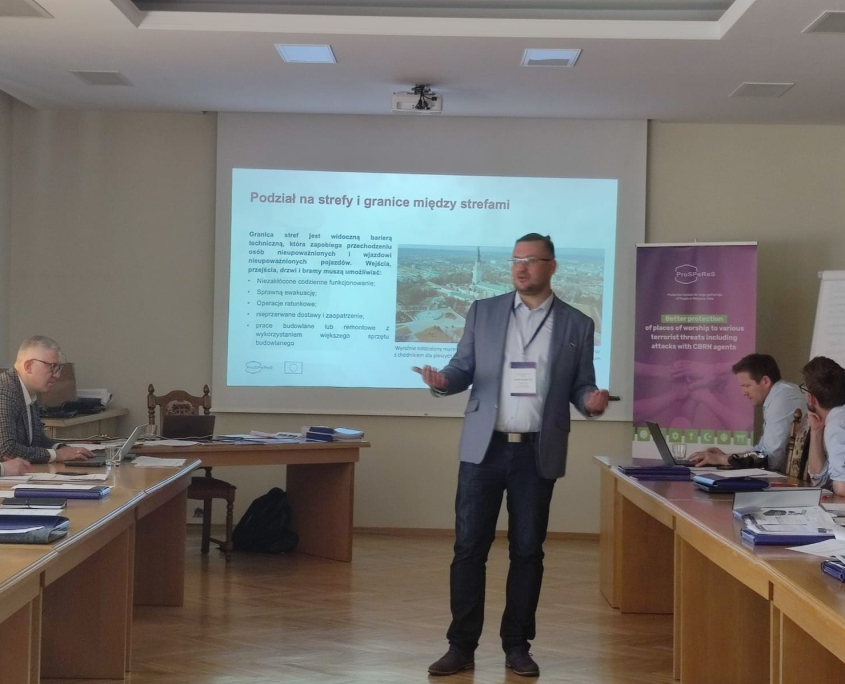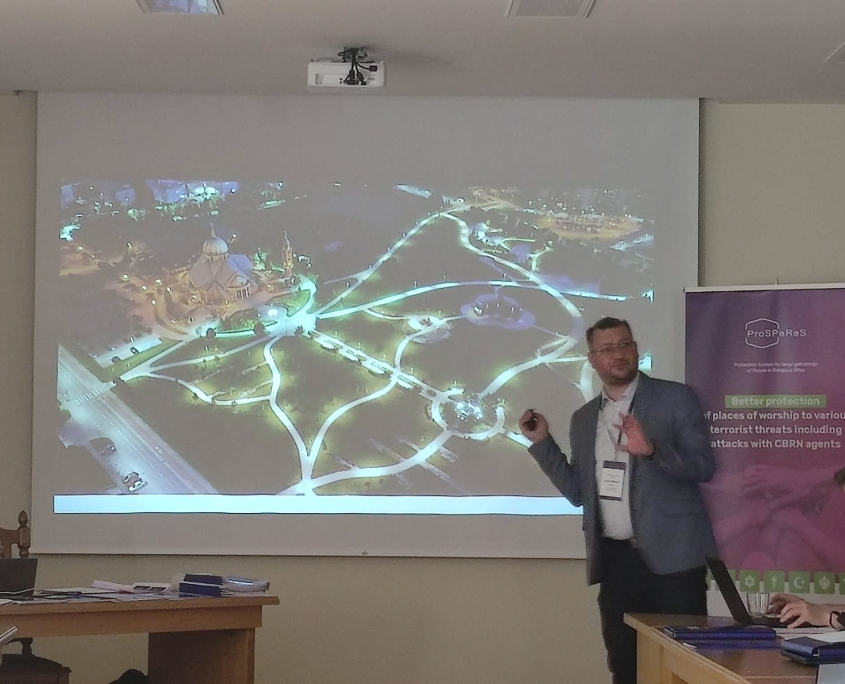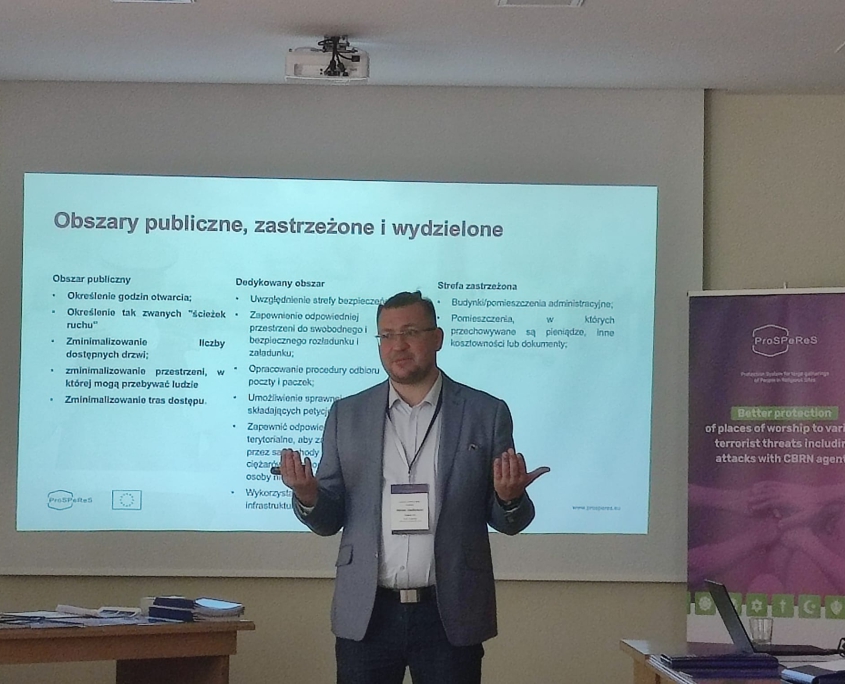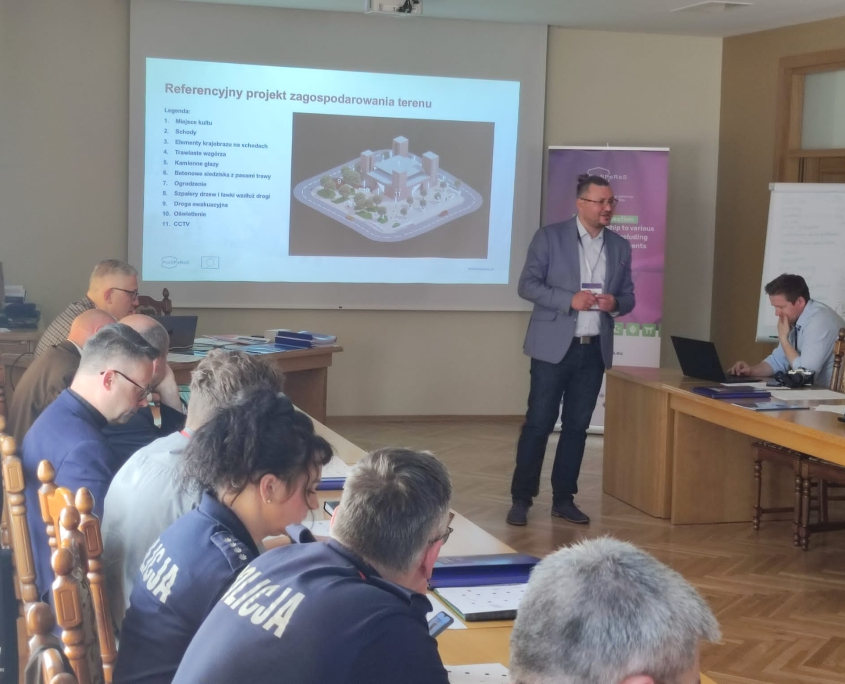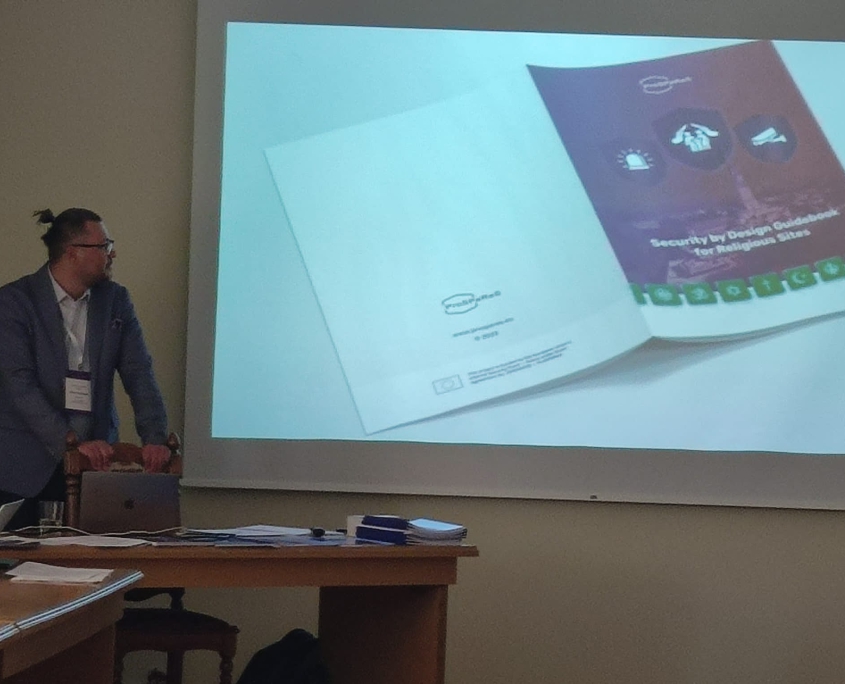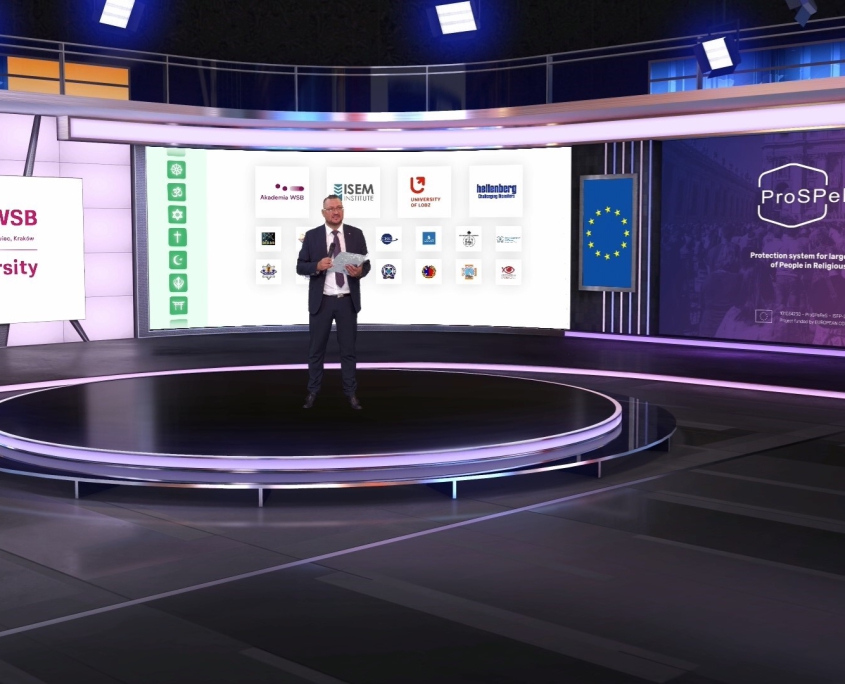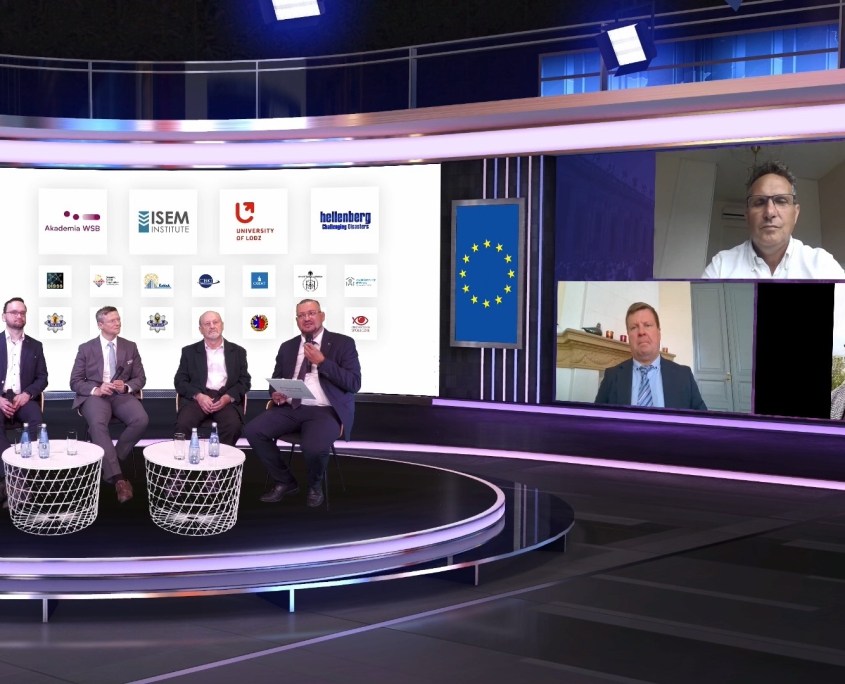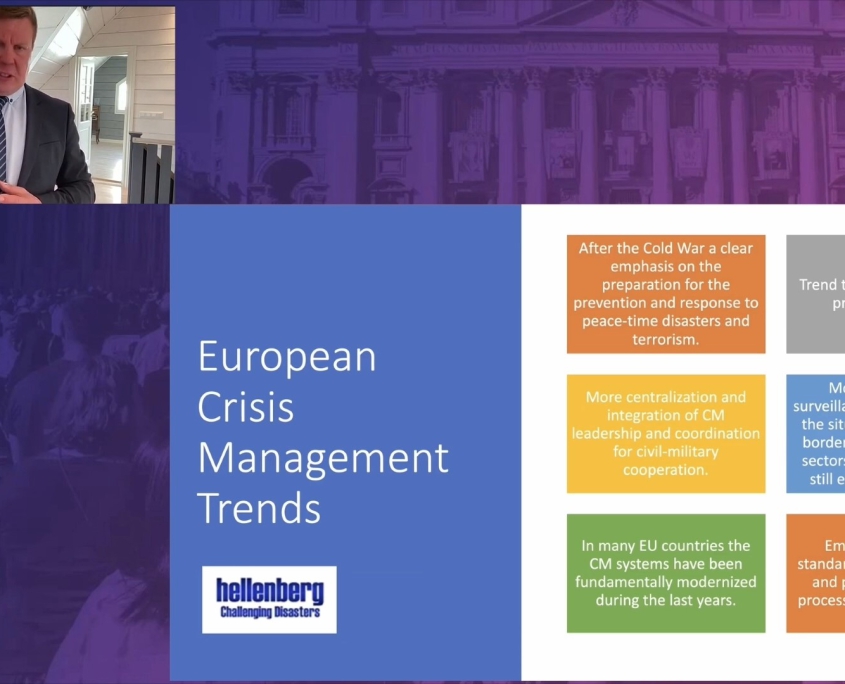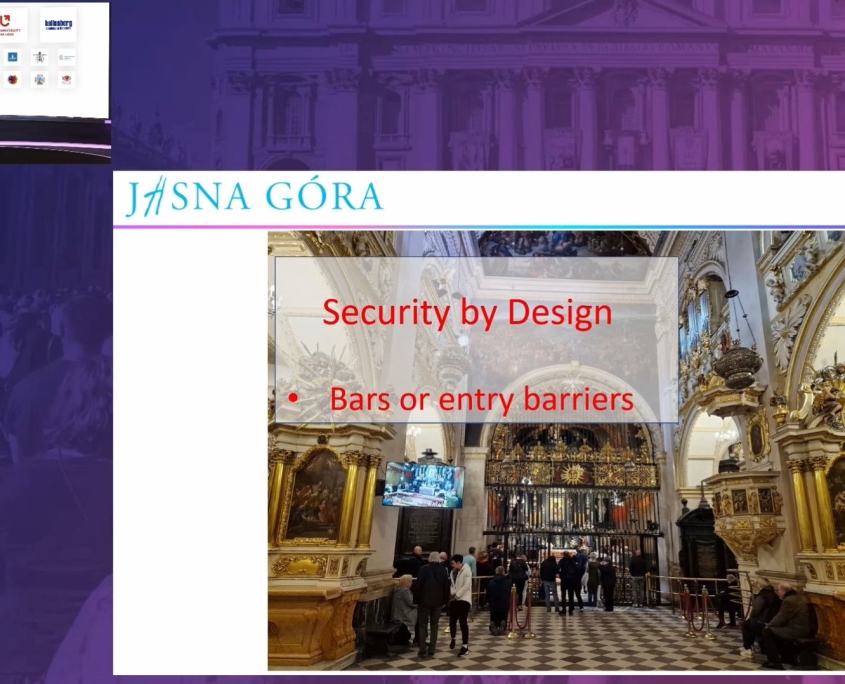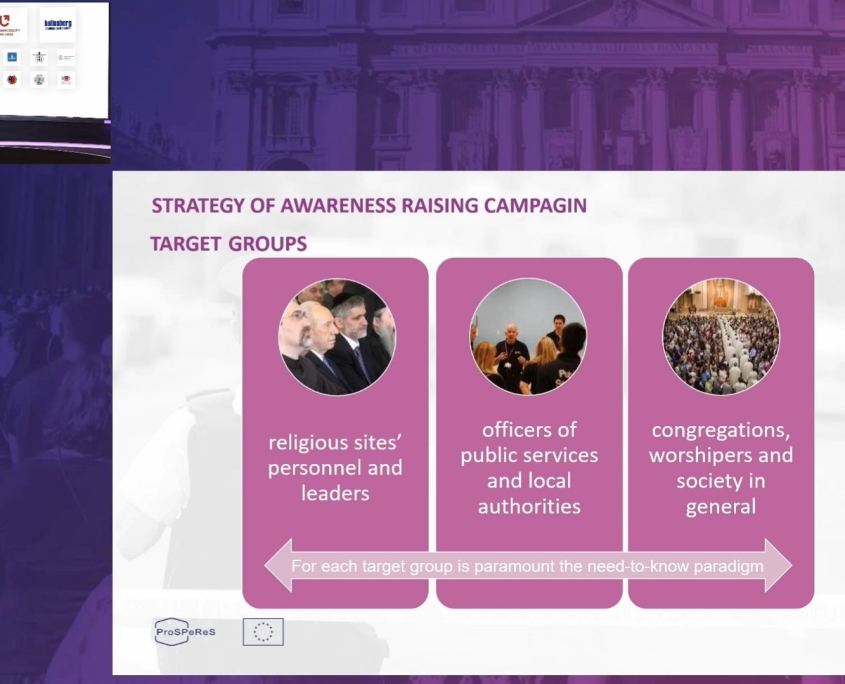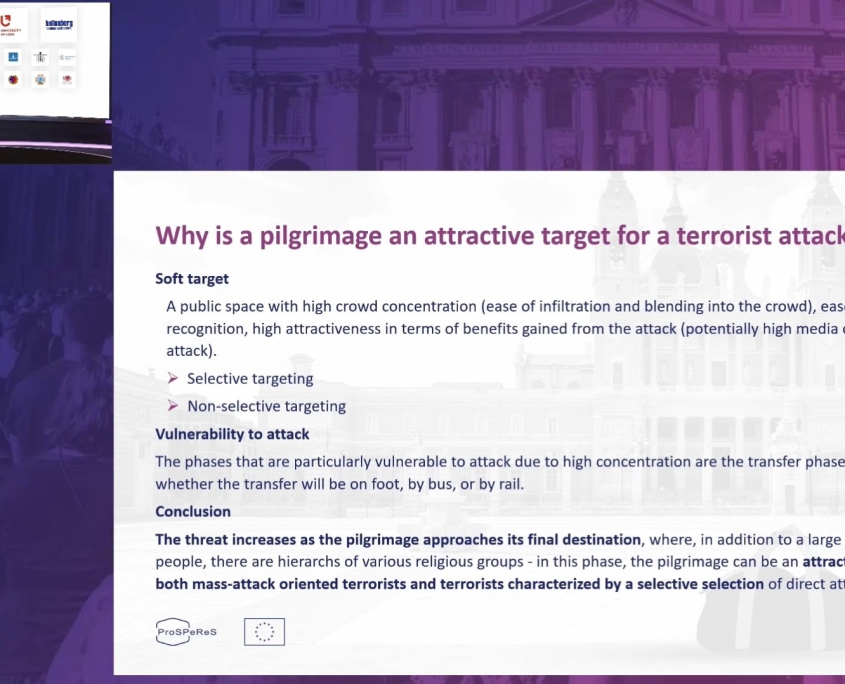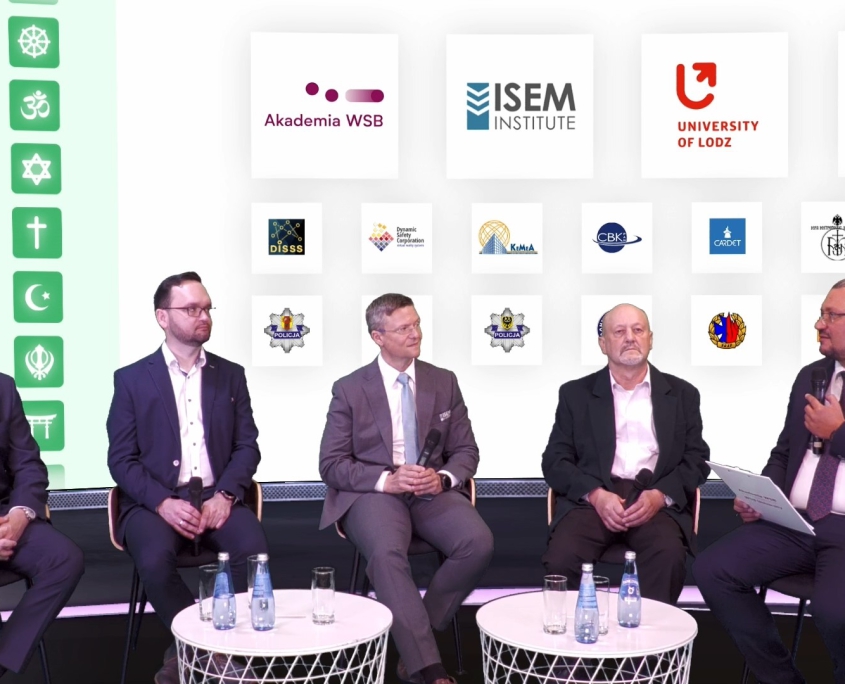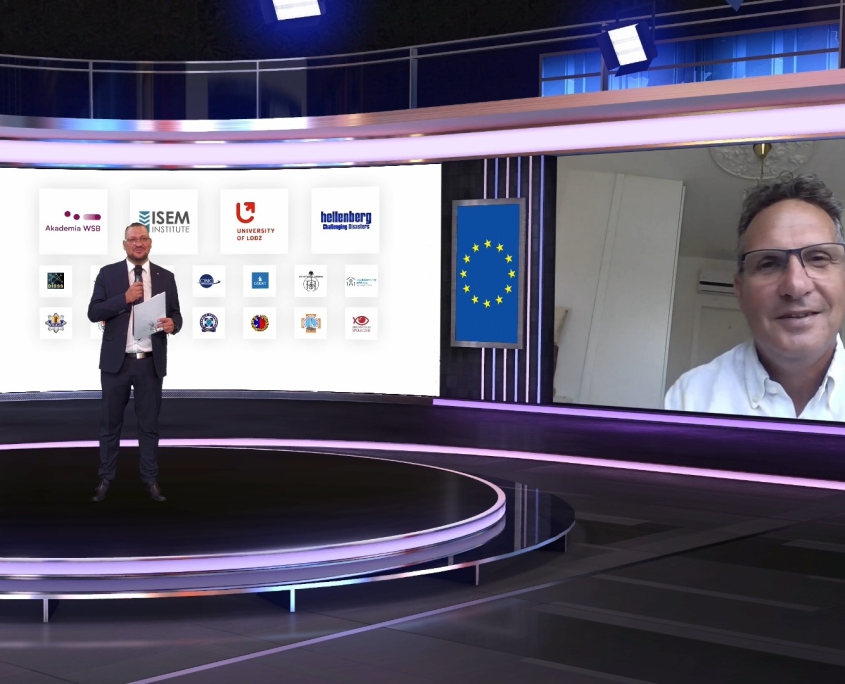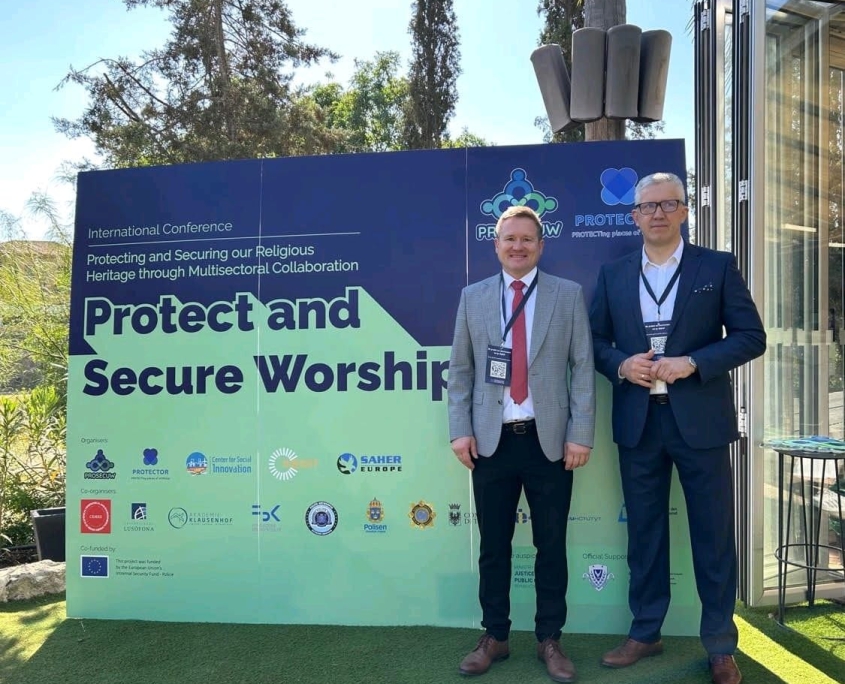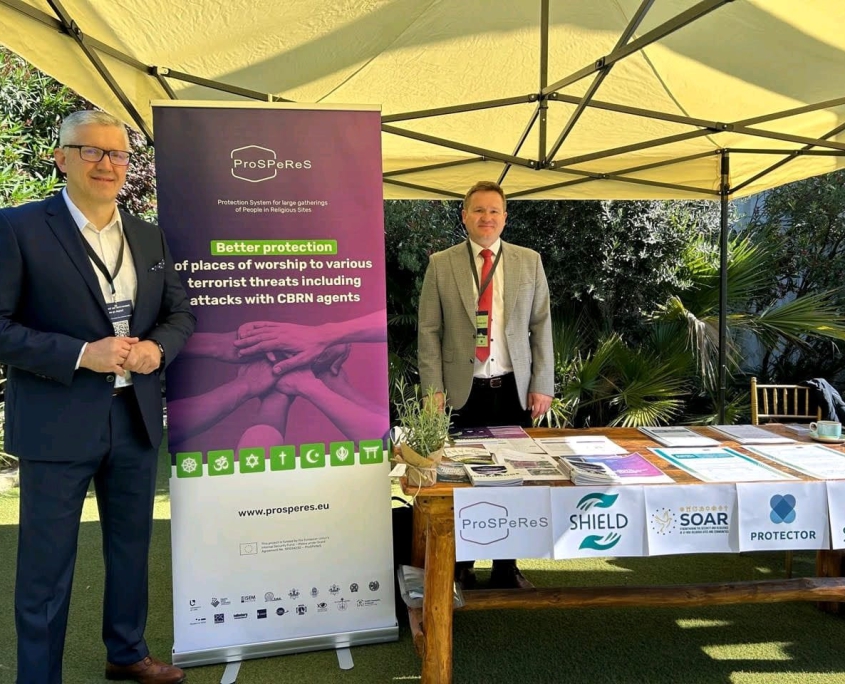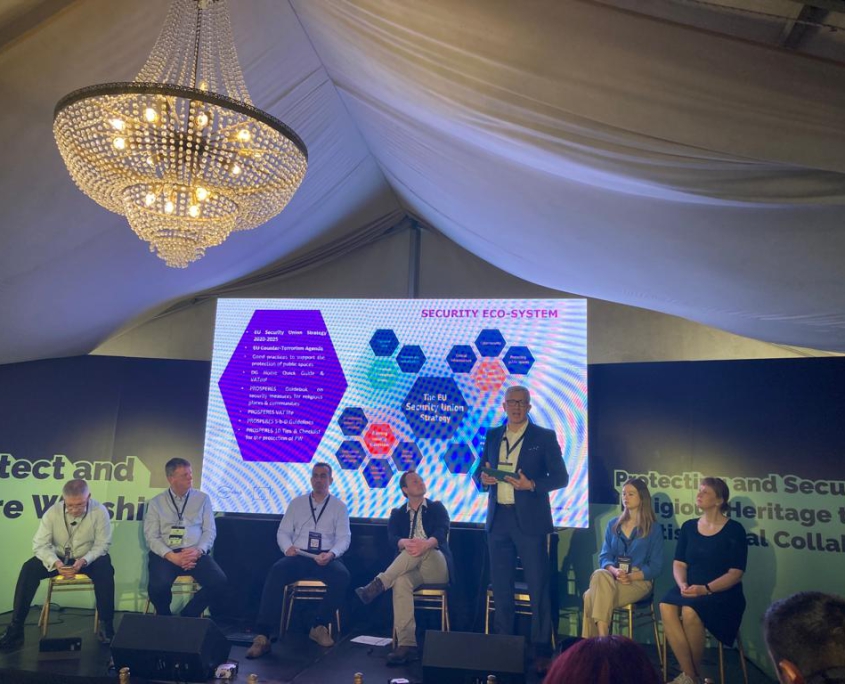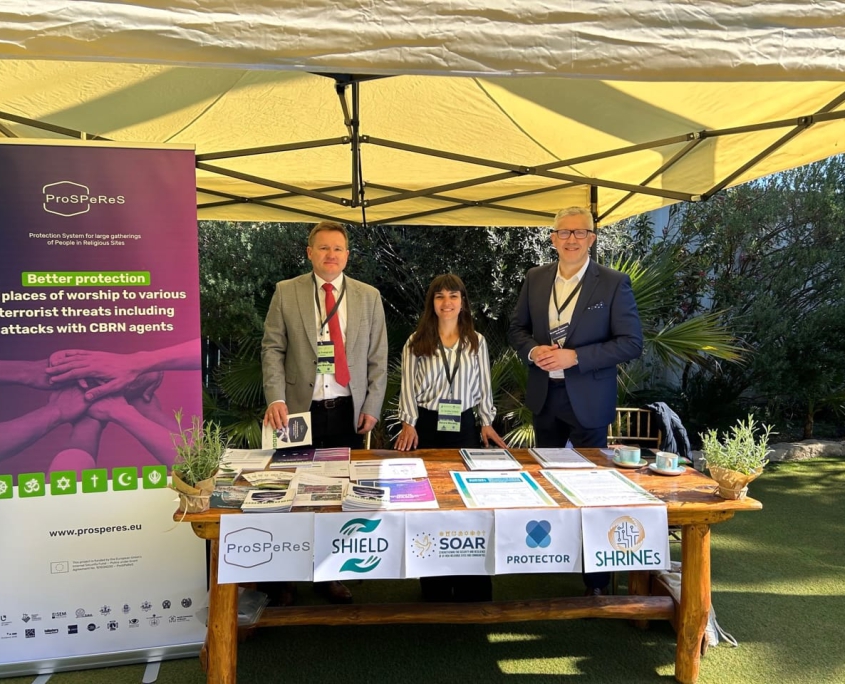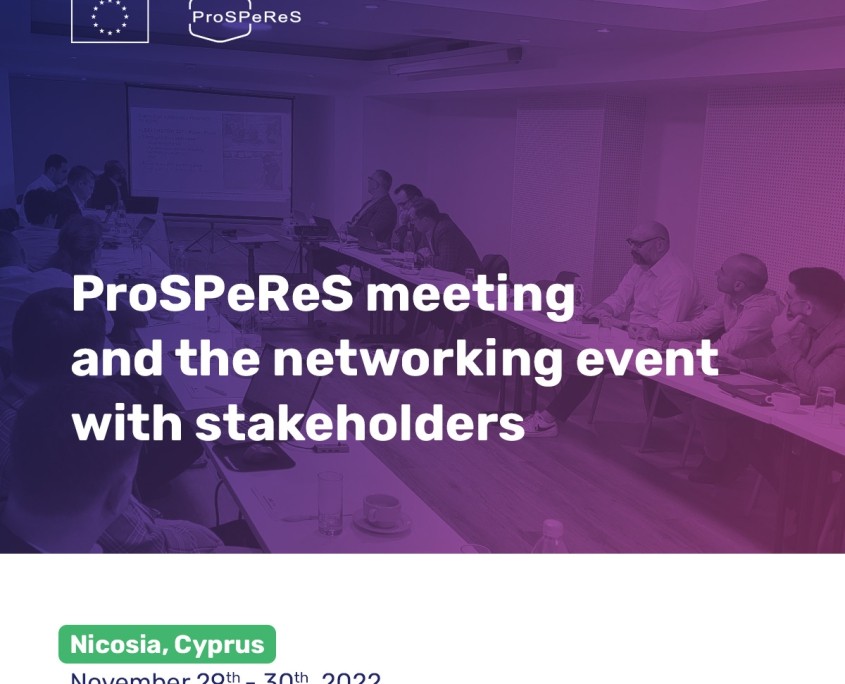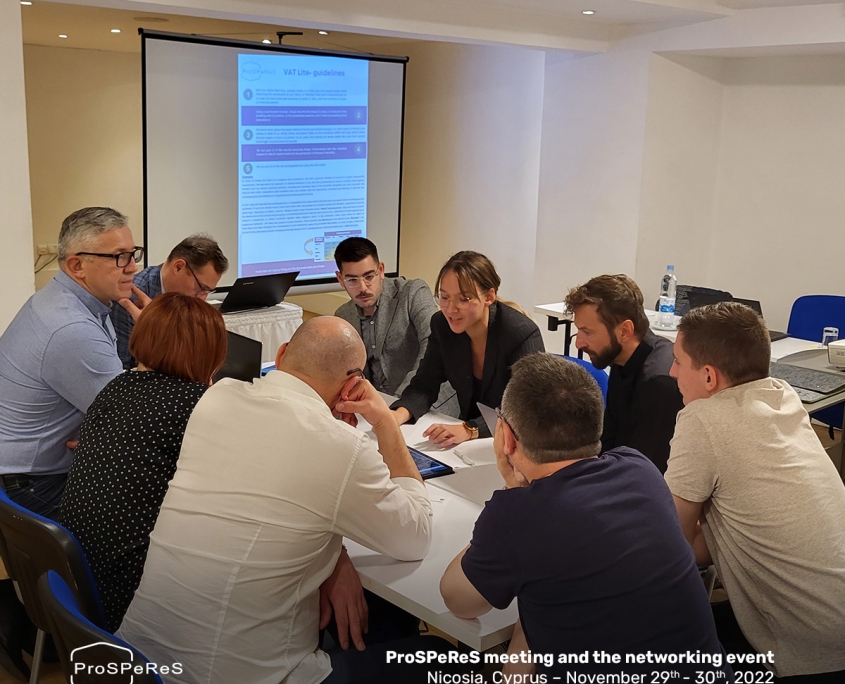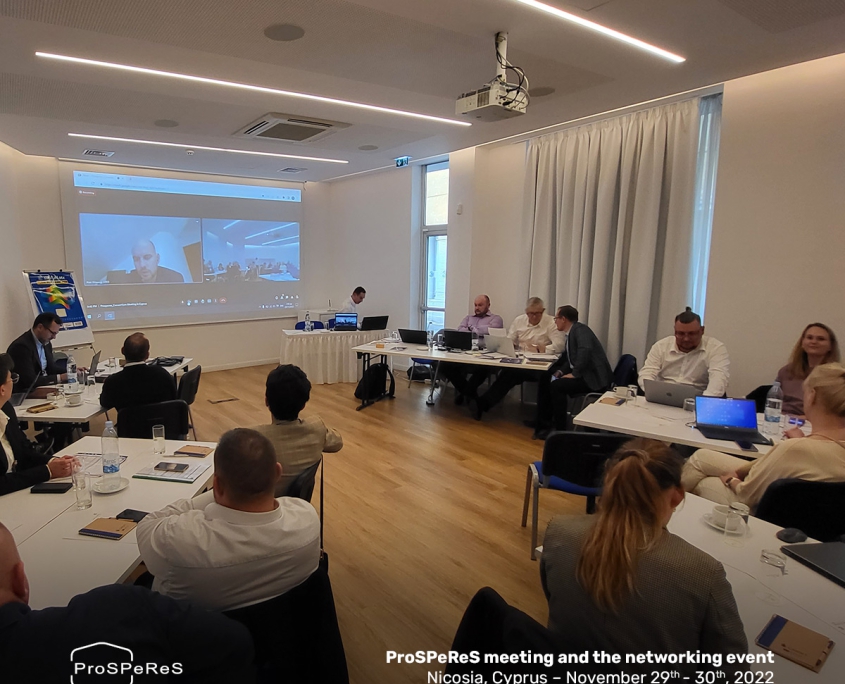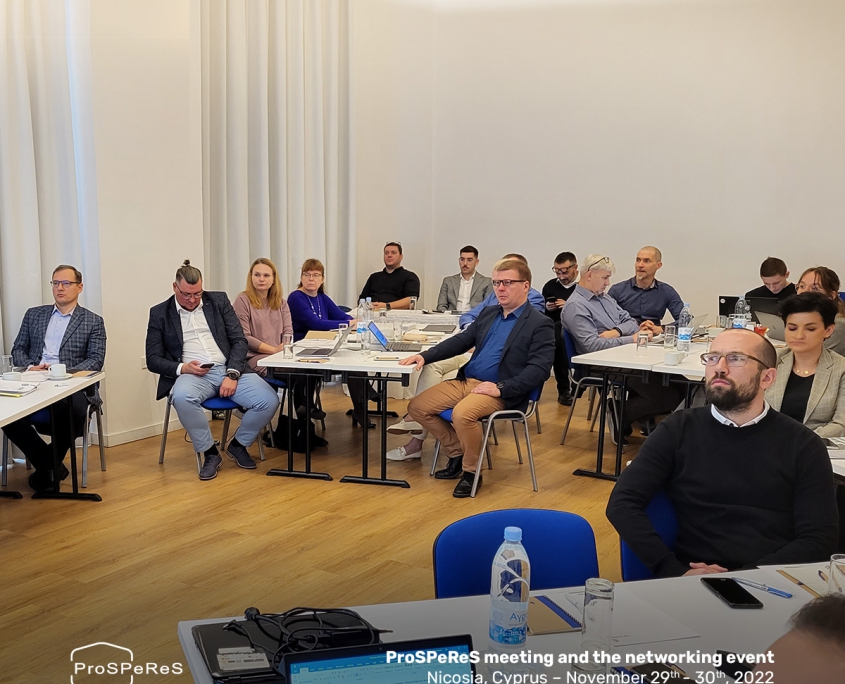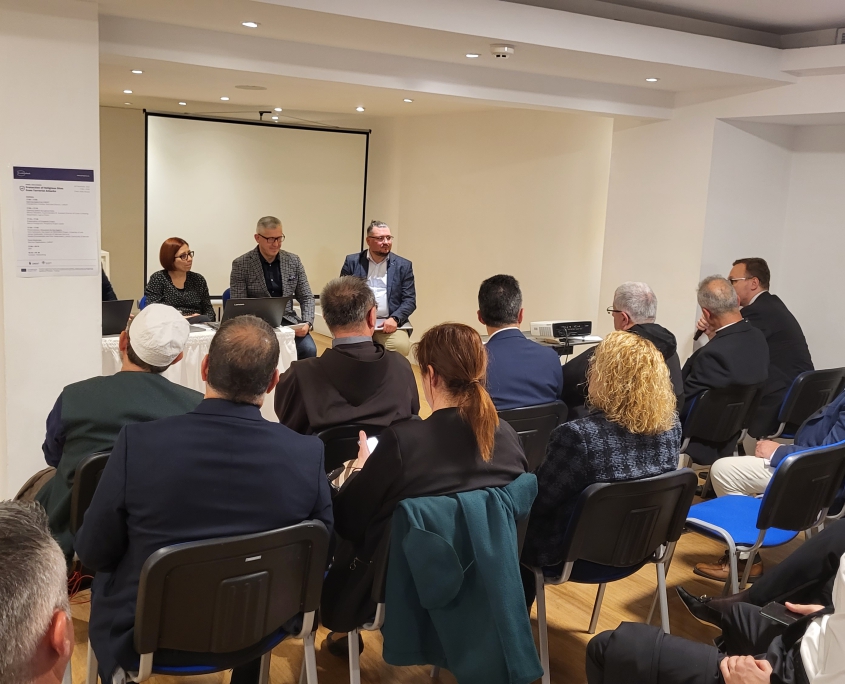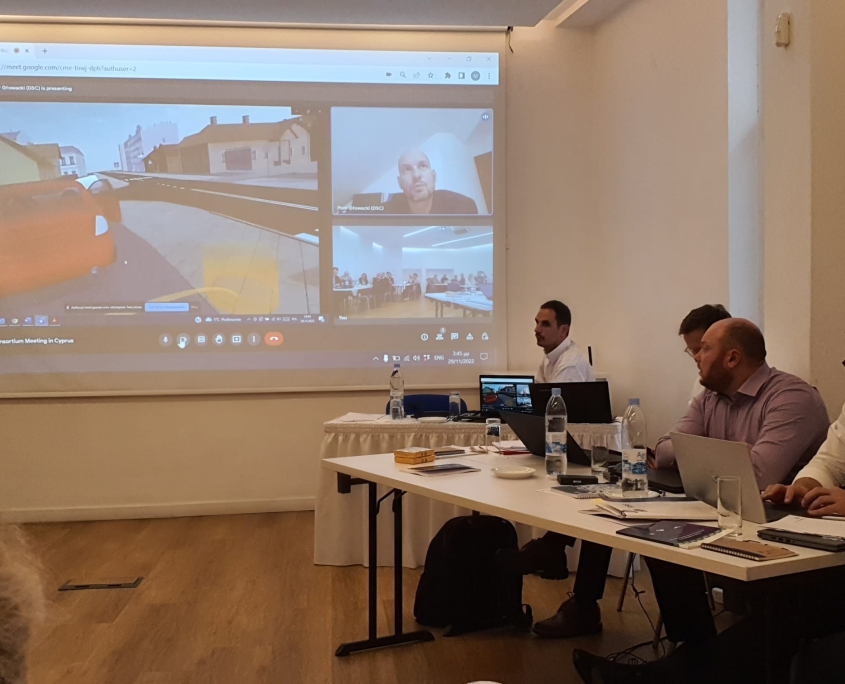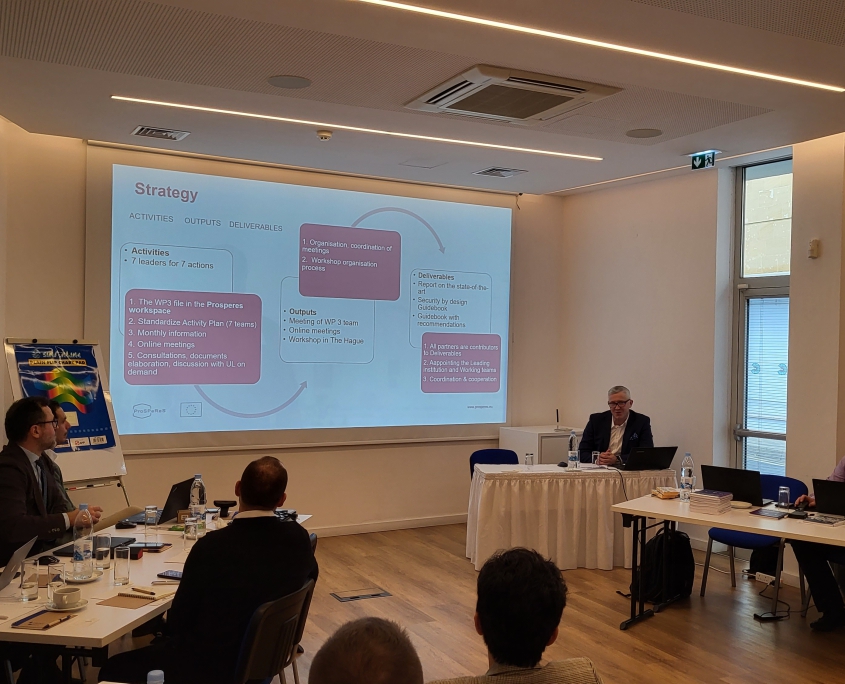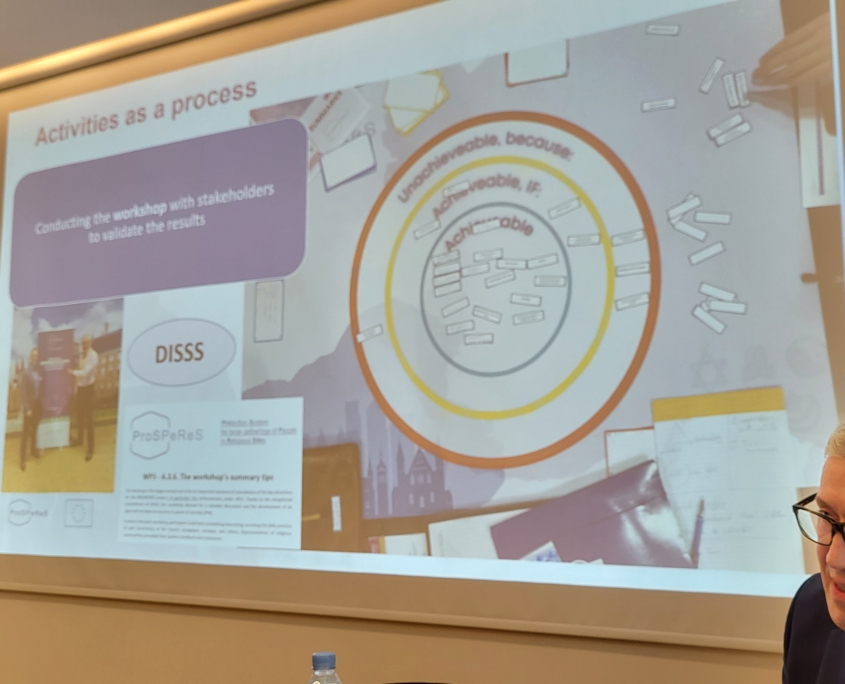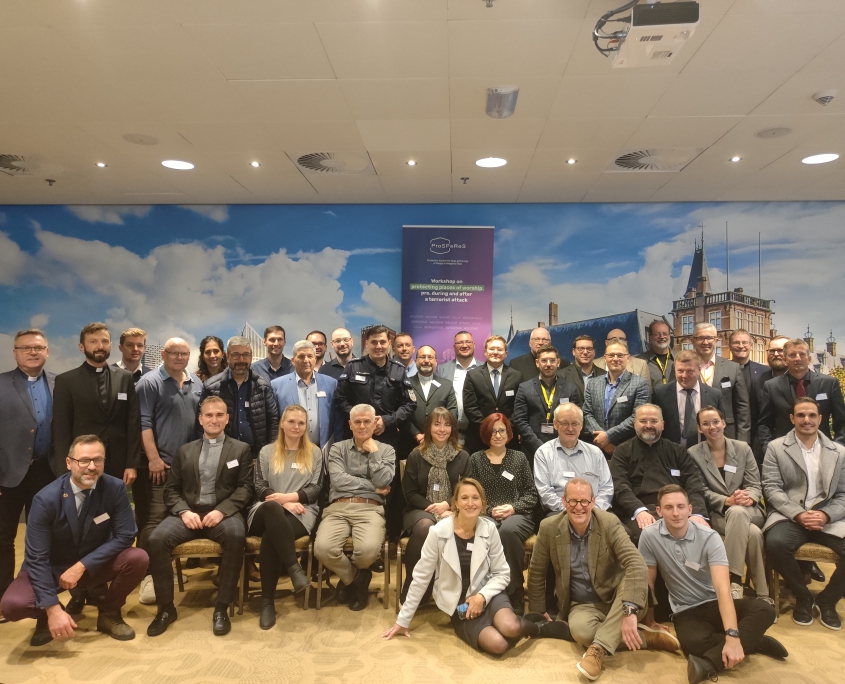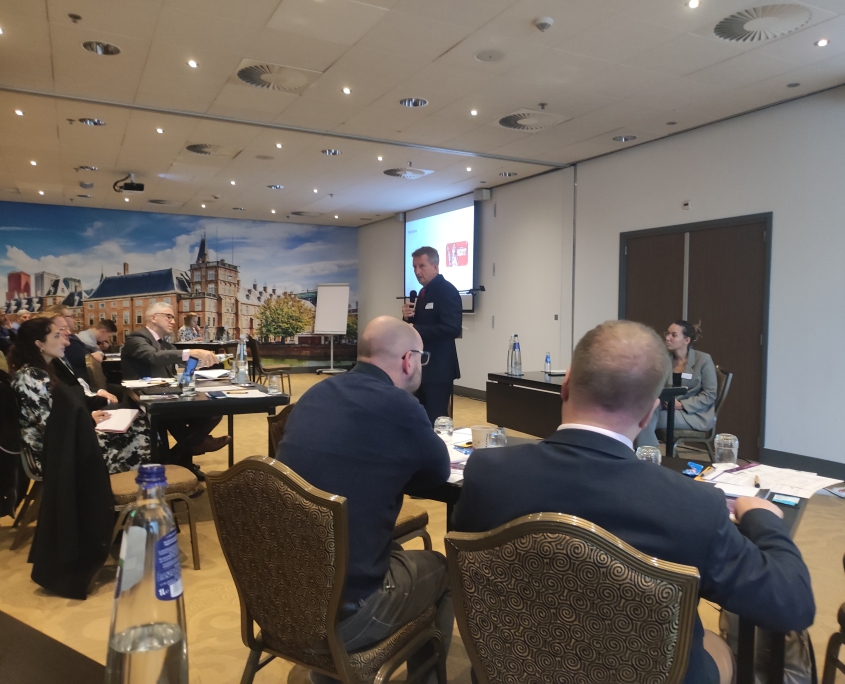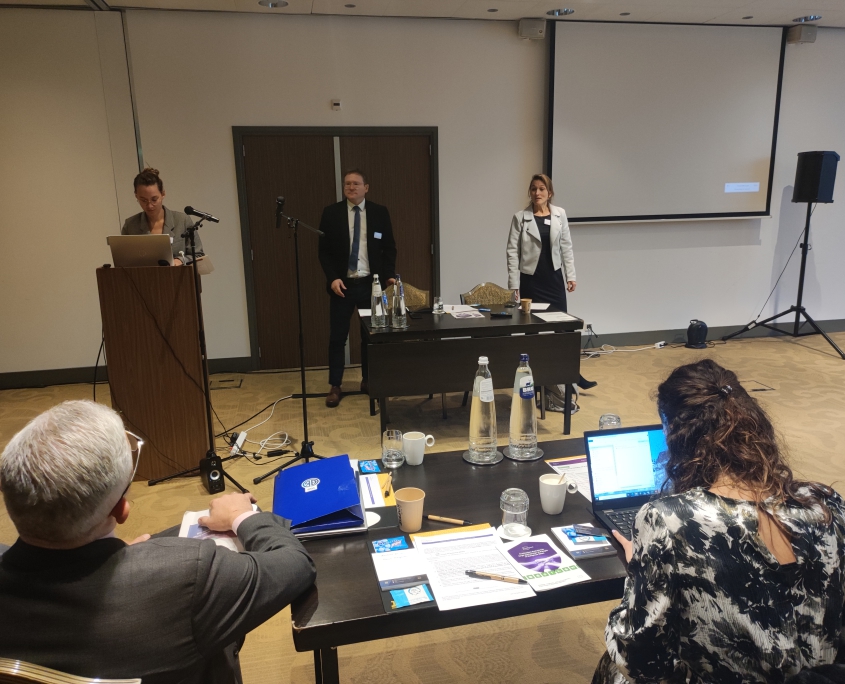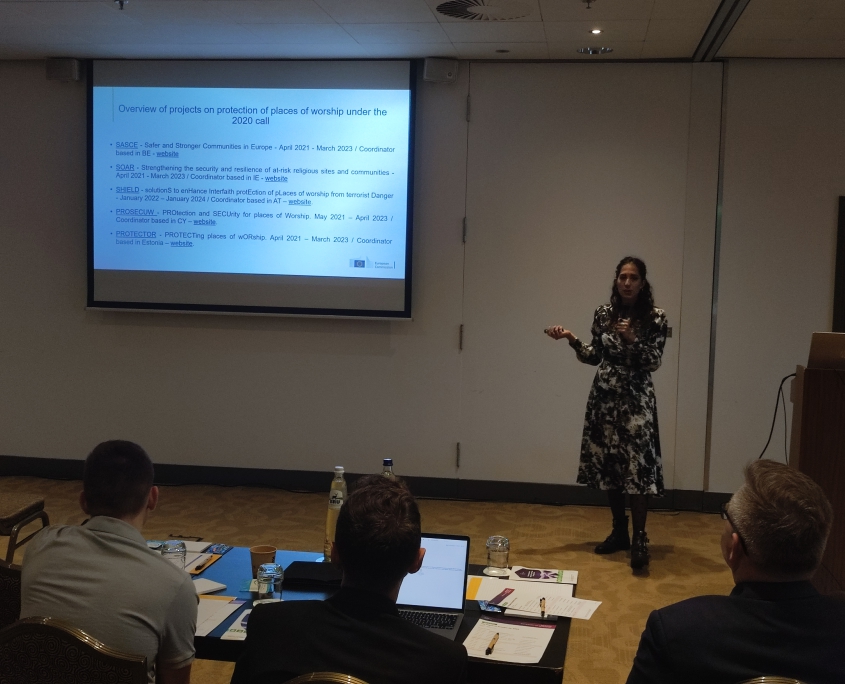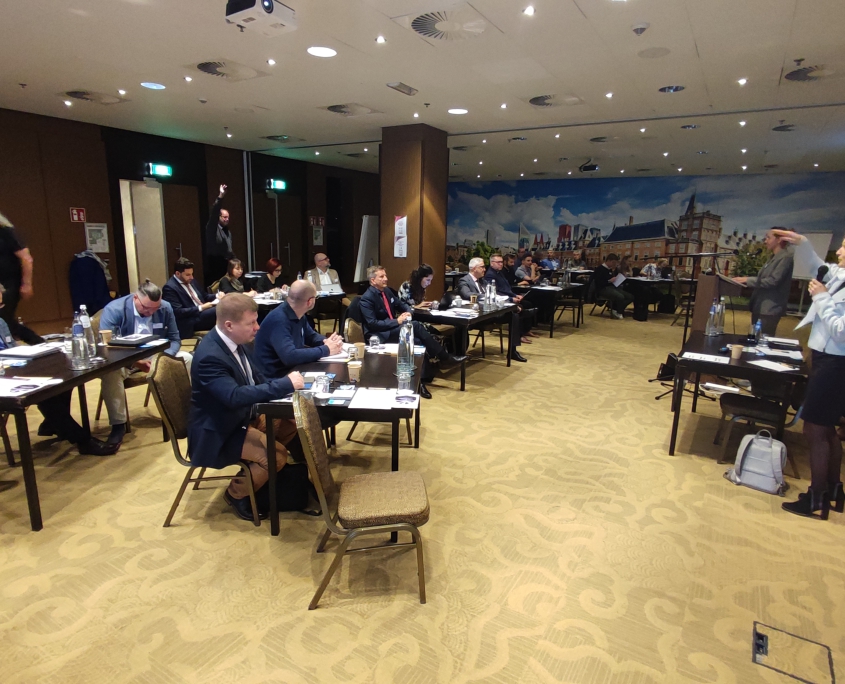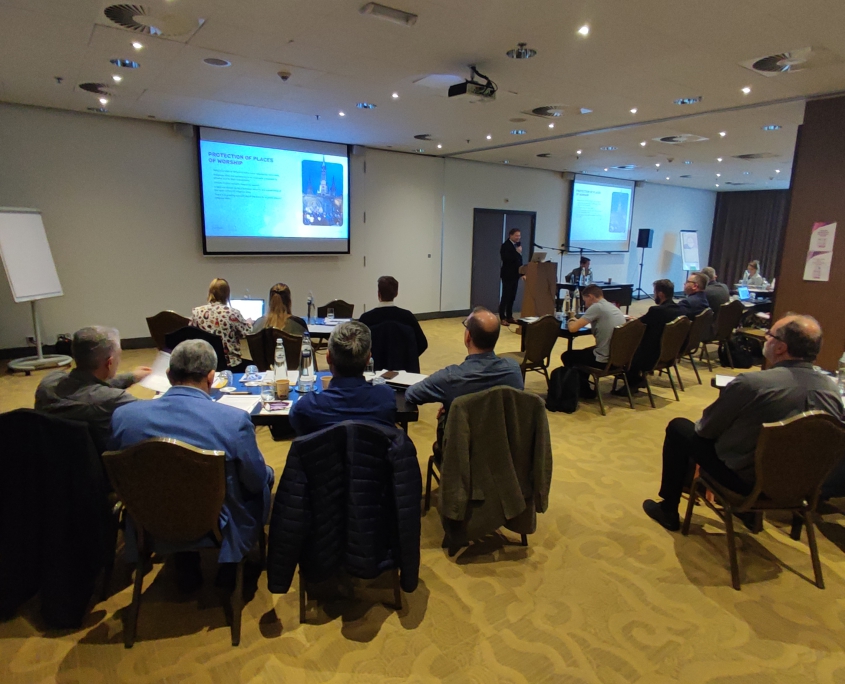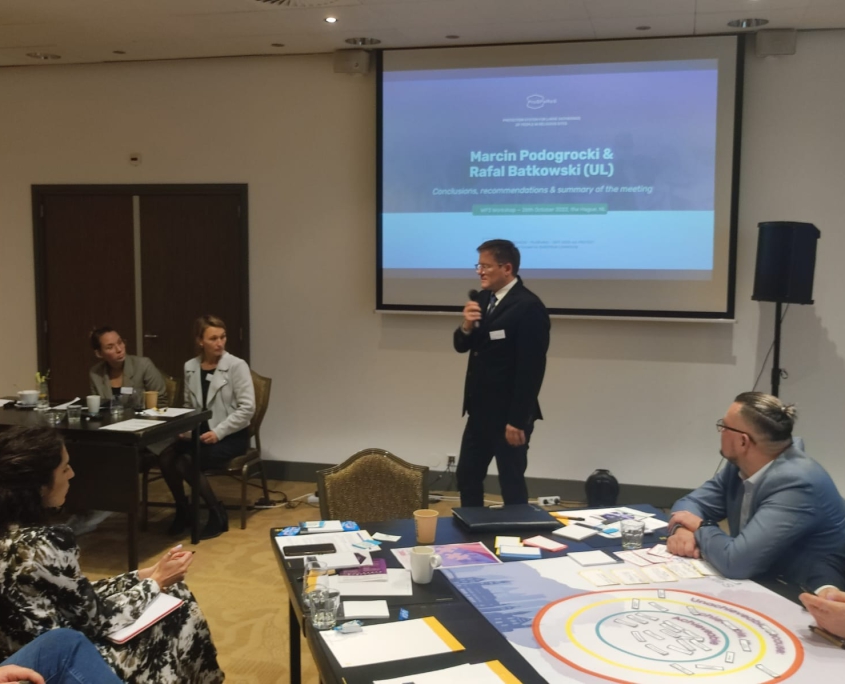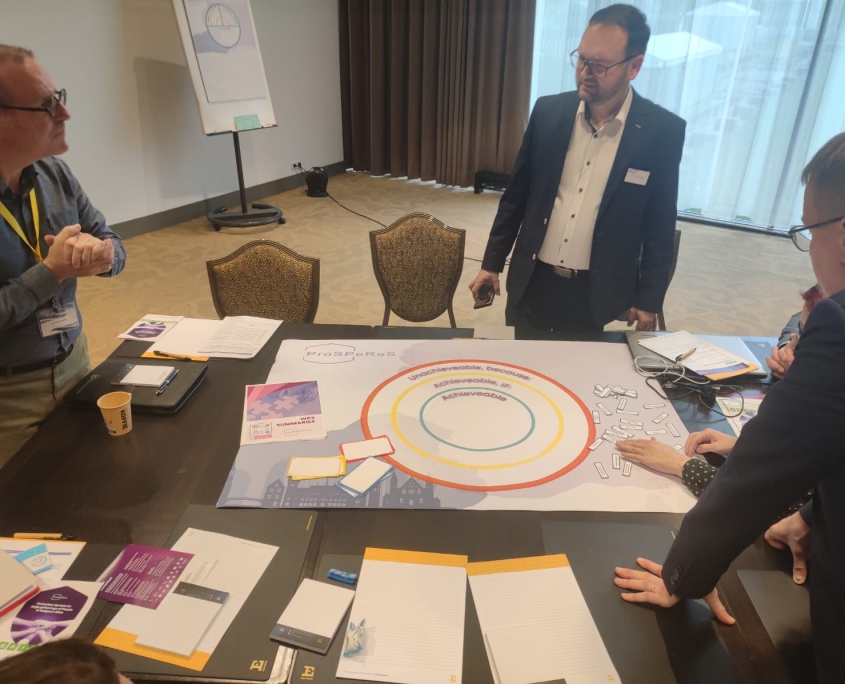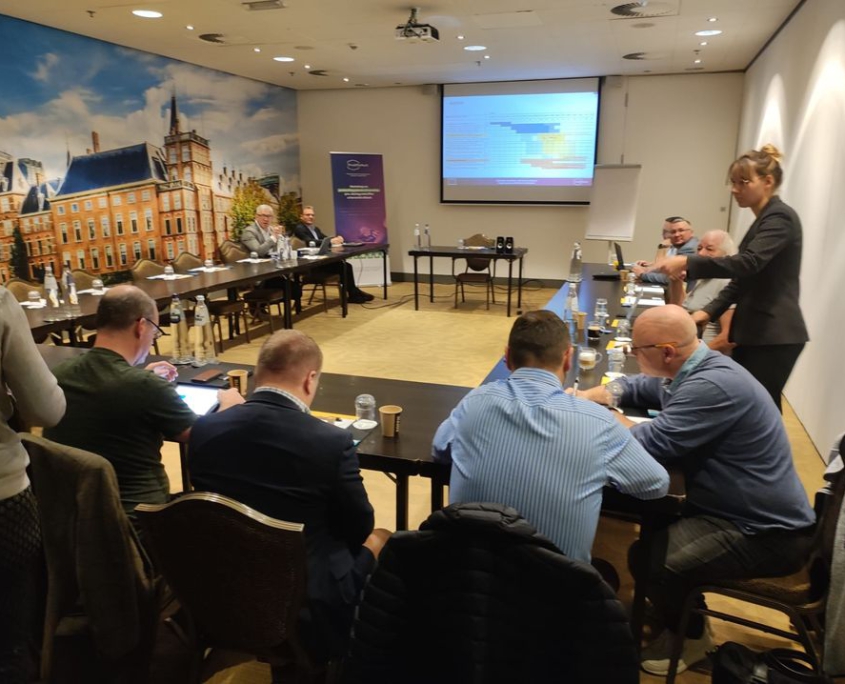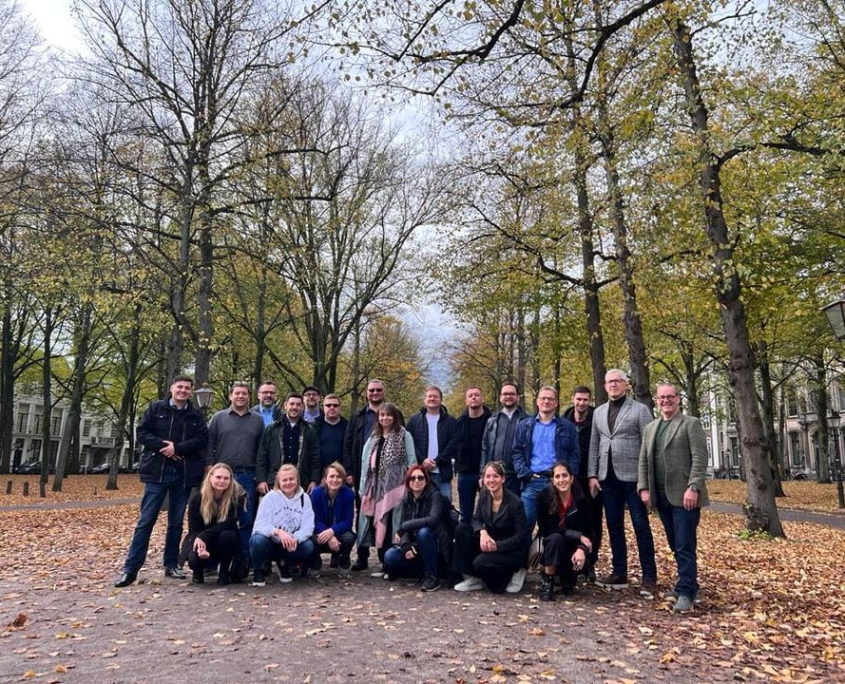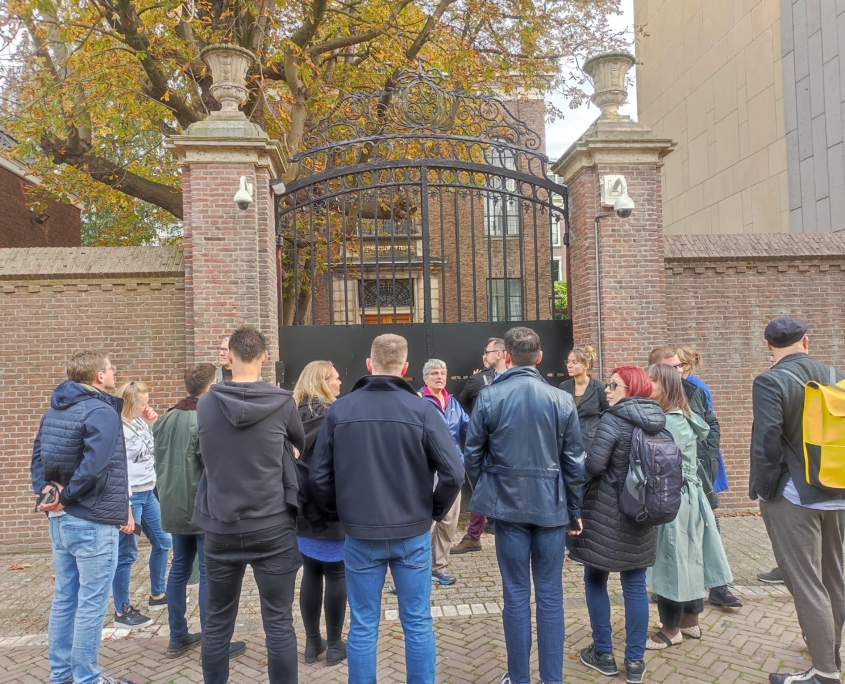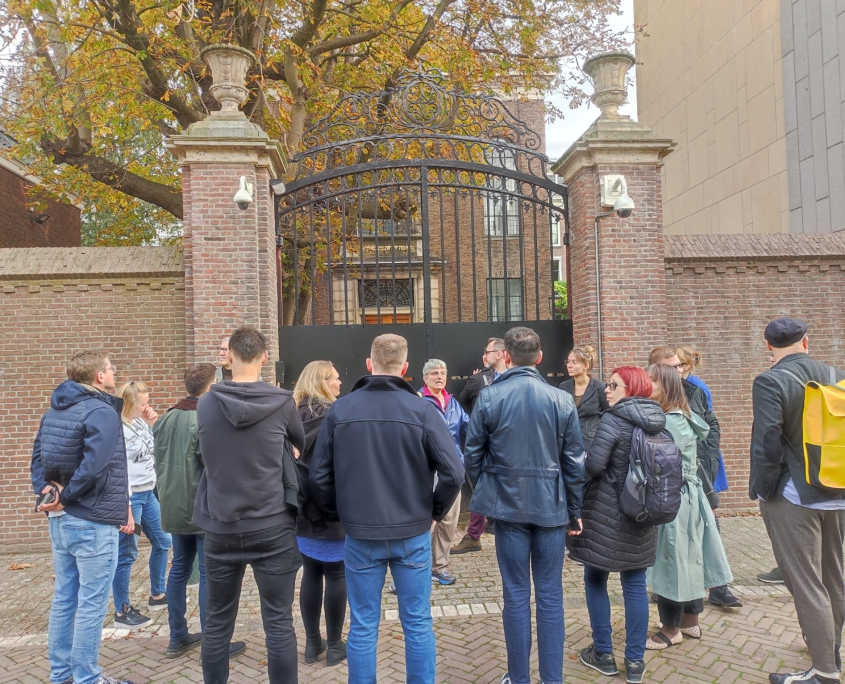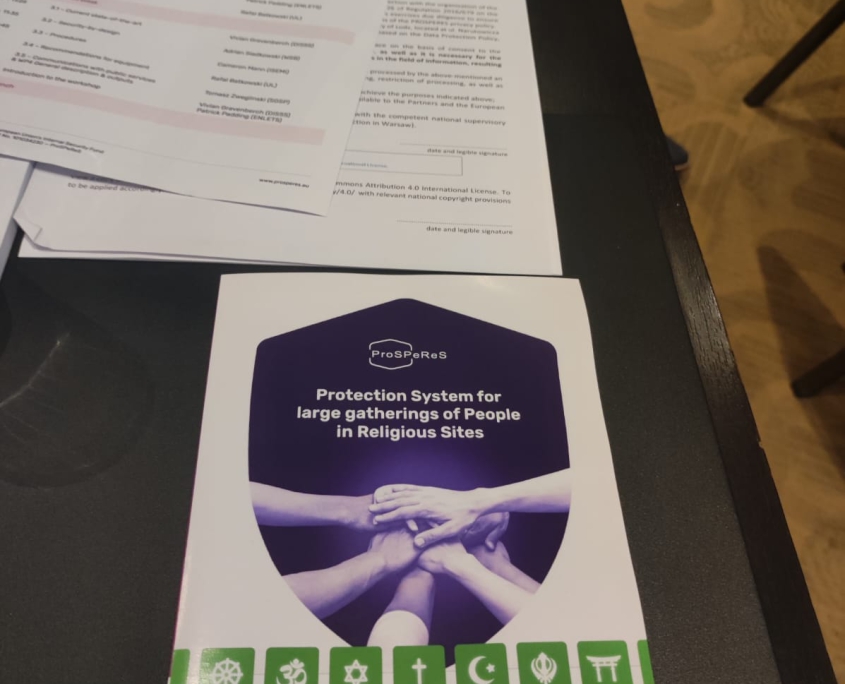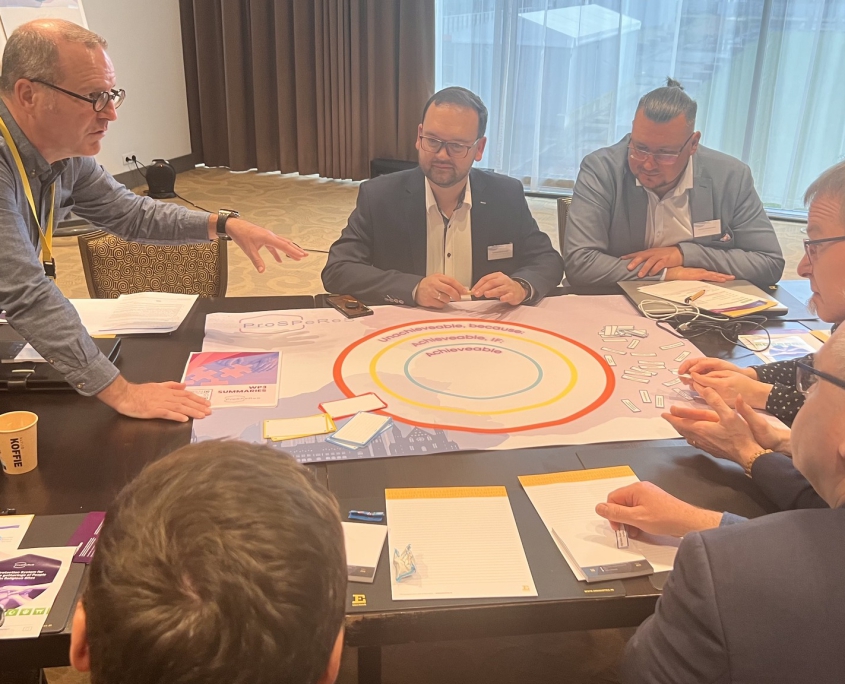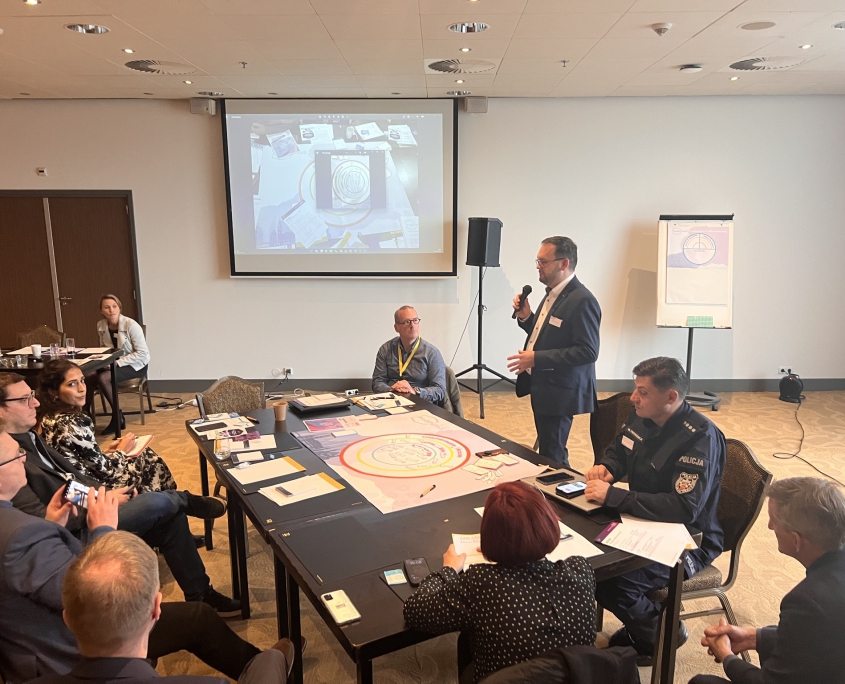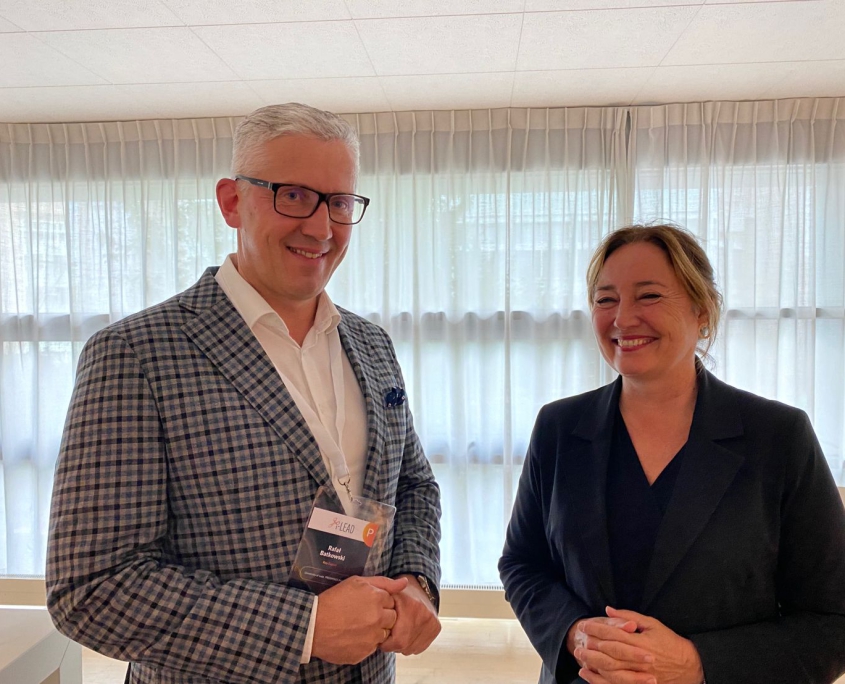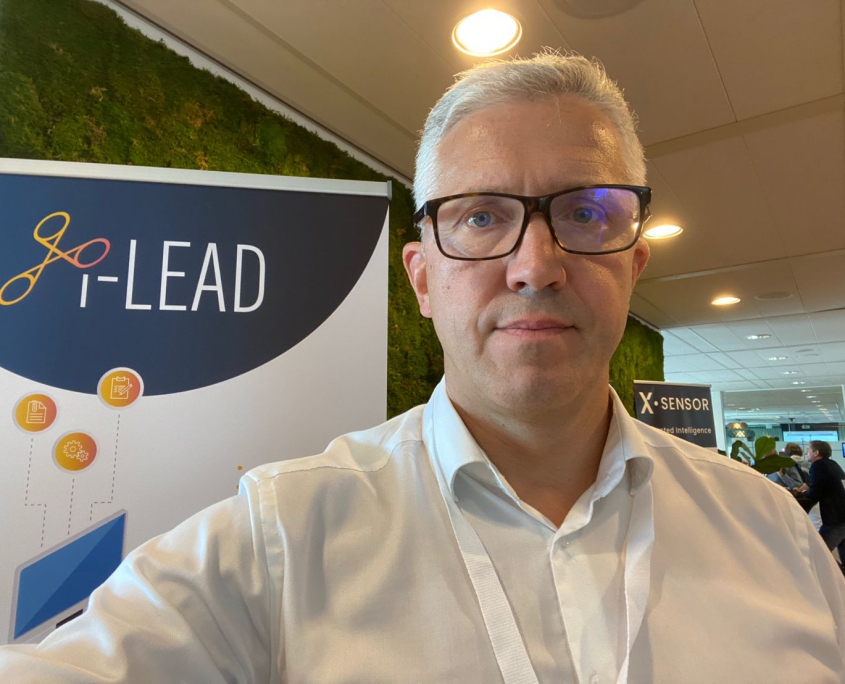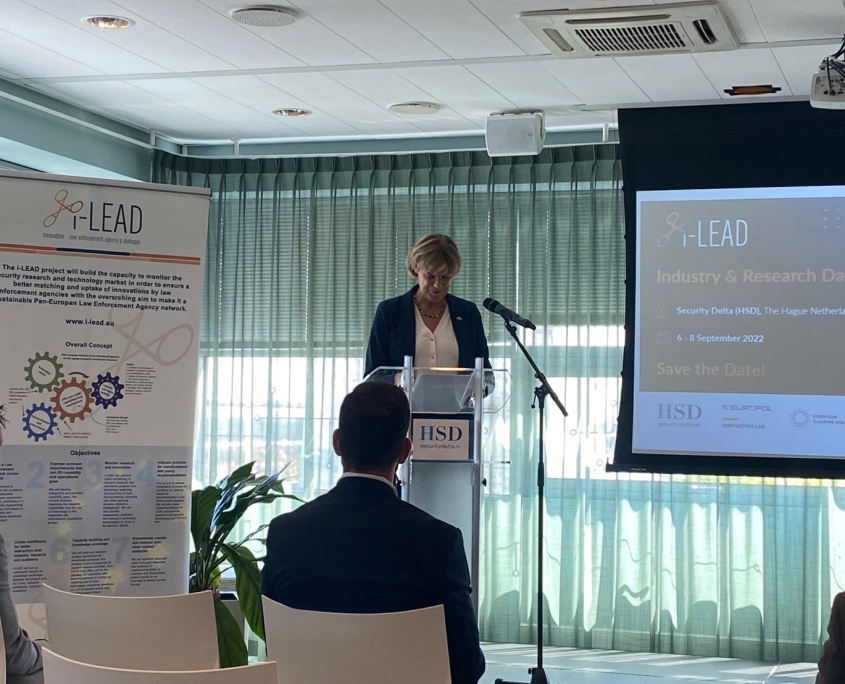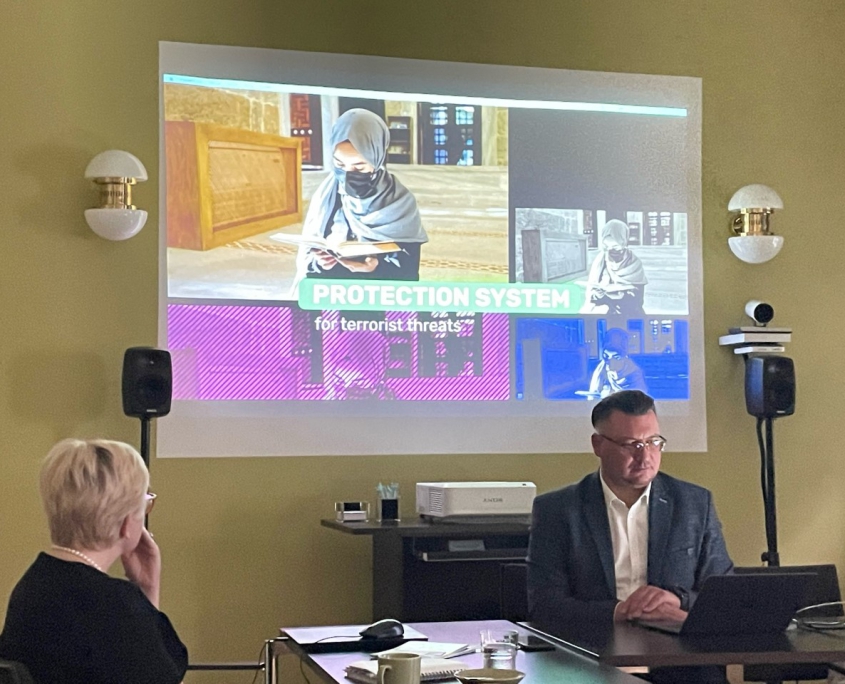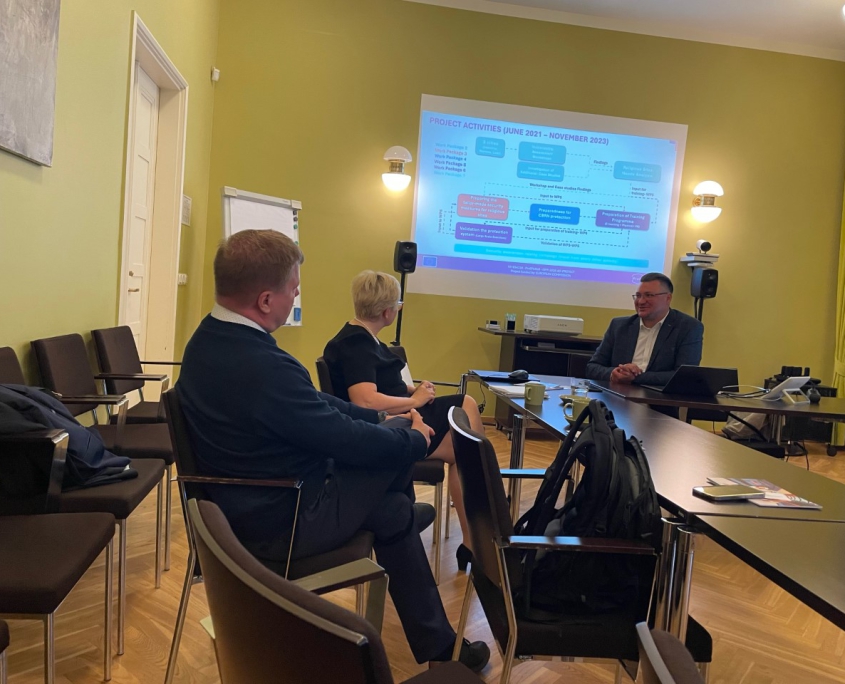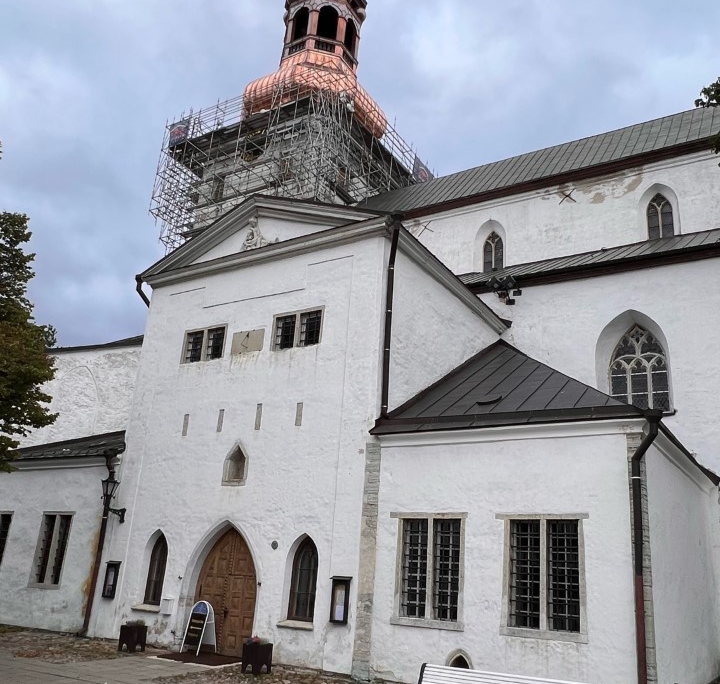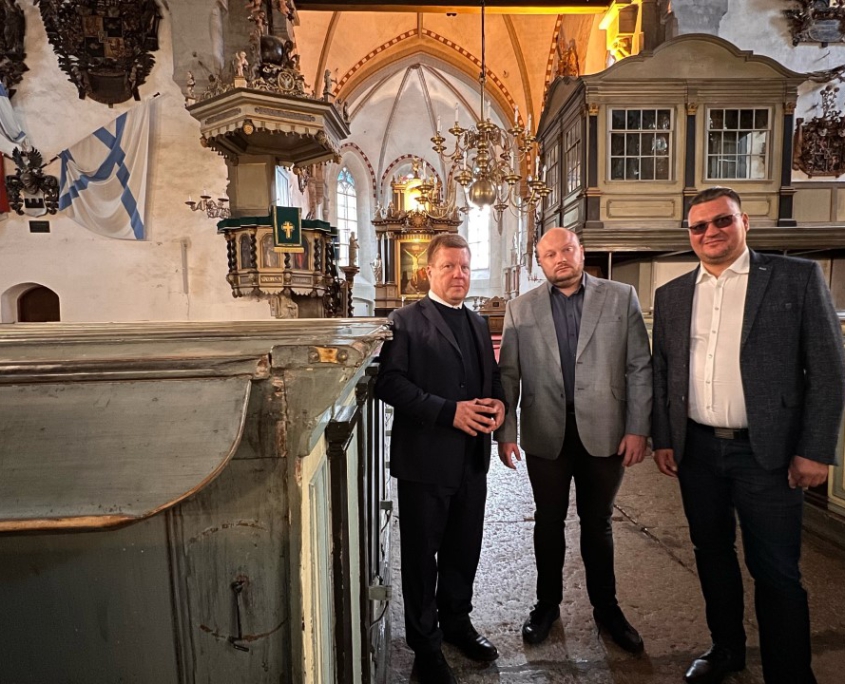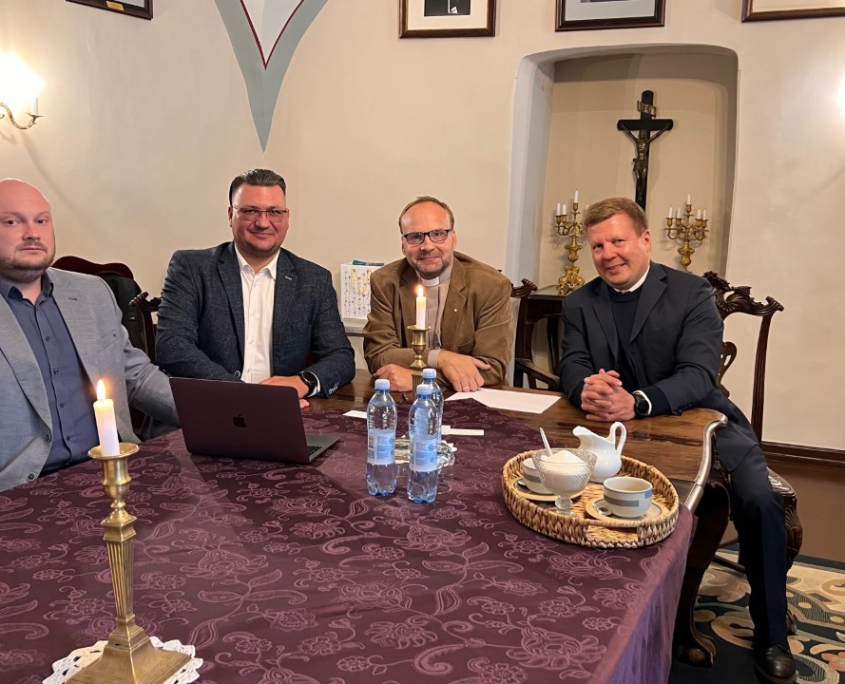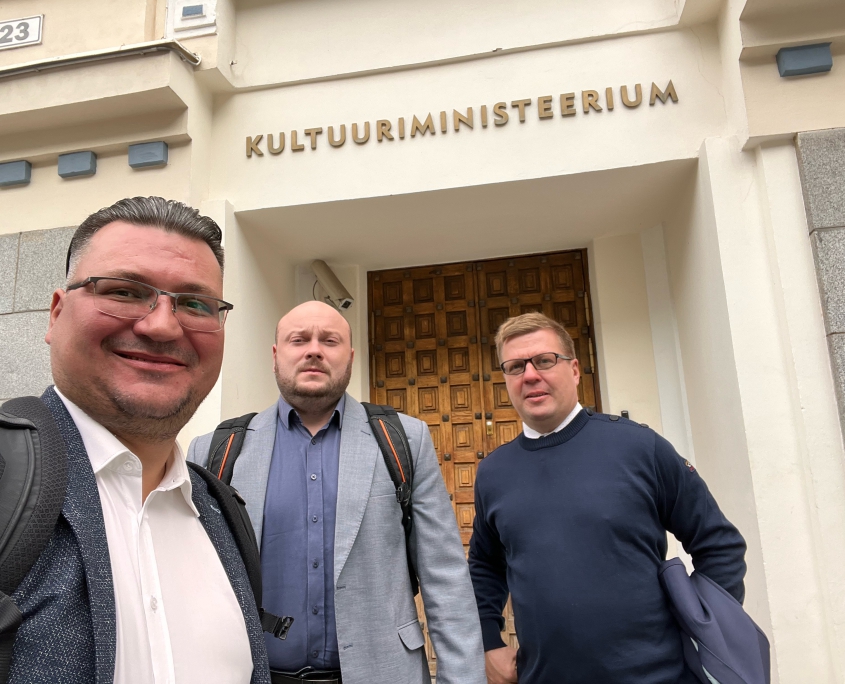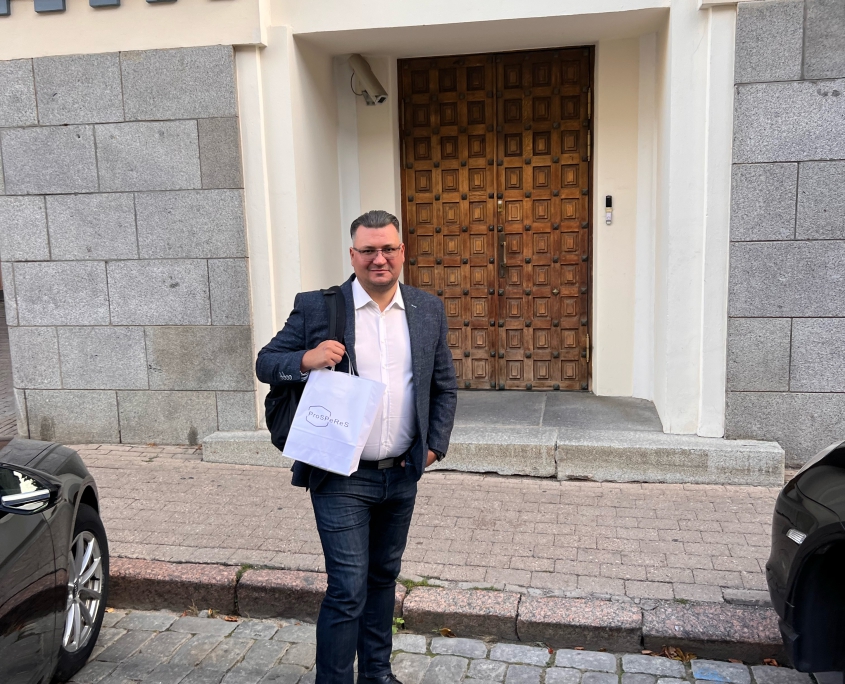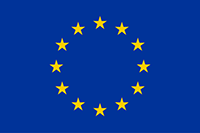The work of the consortium partners of the ProSPeReS project is in progress. The innovative ProSPeReS project aiming at enhancing the security at places of worship, funded by the European Union, has entered the consultation phase, in which it is necessary to obtain the feedback from representatives of religious communities. This time, experts from partners 6 EU countries met in The Hague, the Netherlands at the workshop organized by DISSS , to present the current project’s developments in measures for increasing the protection and discuss it with the “end-users”. Experts, representatives of services responsible for security and public order as well as leaders of religious communities discussed the prepared recommendations for reducing the possibility of unwanted incidents at places of worship – taking into account the risks associated with a potential terrorist attack.
On the first day, leaders of the activities in WP3: Preparing the tailor-made security measures for religious sites and WP4: Preparedness for CBRN protection presented the guidelines, procedures, recommendations and tools elaborated in the project. Then , during the interactive part the participants discussed issues related to administration and management of the religious sites, preparing effective ways to respond to a security threats and designing a secure space for worshippers and pointed out gaps and weaknesses in existing solutions. The lively discussion was accompanied by a search for effective ways to mitigate actual and potential threats. The invited guests, who were leaders and representatives of religious communities, including the Catholic Church, the Greek Orthodox Church, the Jewish Communities, the Evangelic Church in Finland and Muslim Communities expressed their opinions on the implemented solutions. The workshop provided several valuable insights, which will be taken into account at a further stage of the ongoing work.
On the second day of the session, a working meeting of the coordinators of the various work packages was held, at which they discussed, among other things, the shape of the future guide containing a set of recommendations, which are especially dedicated for the administrators of religious facilities. Then the workshop participants had the opportunity to visit religious facilities in The Hague, which is a multi-religious city inhabited by representatives of various religions.

